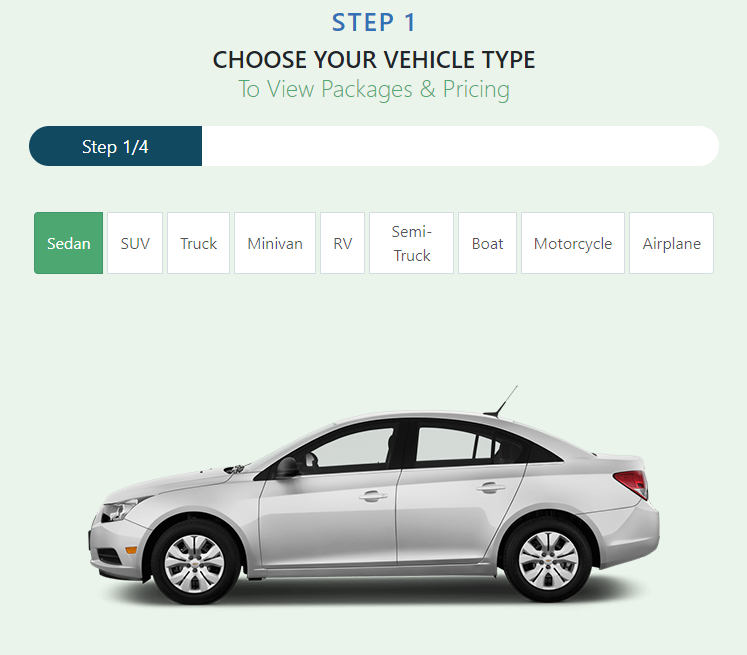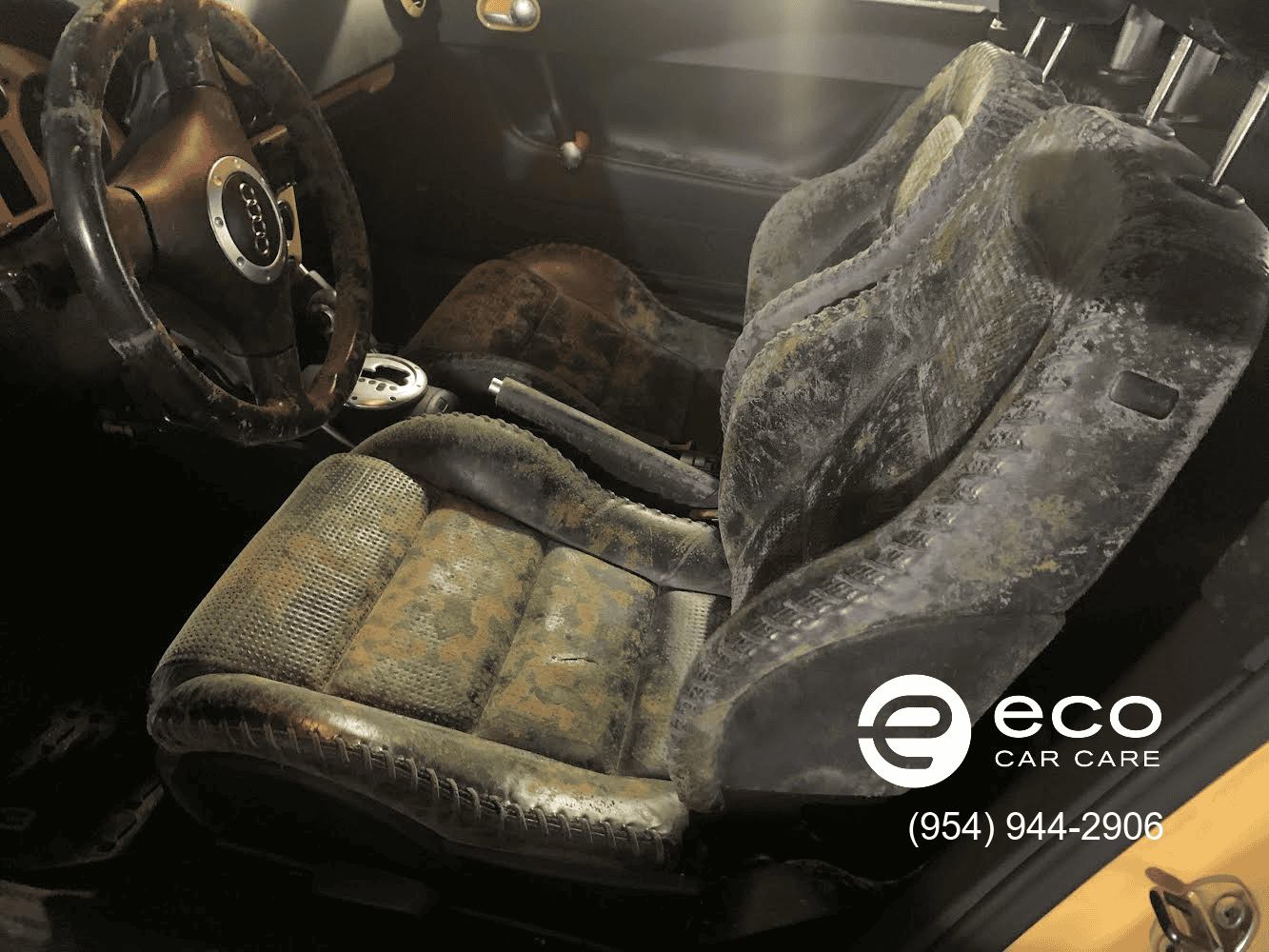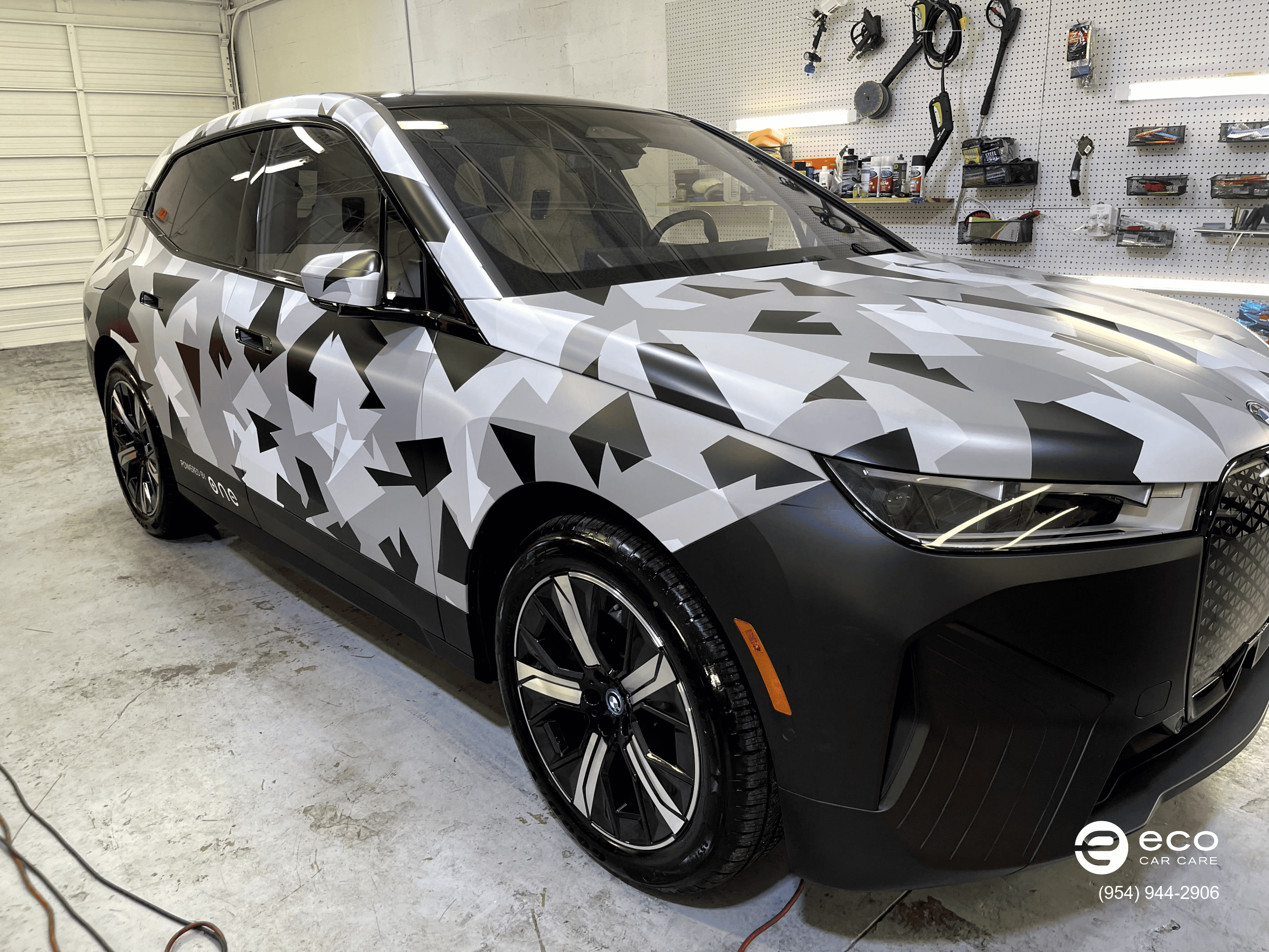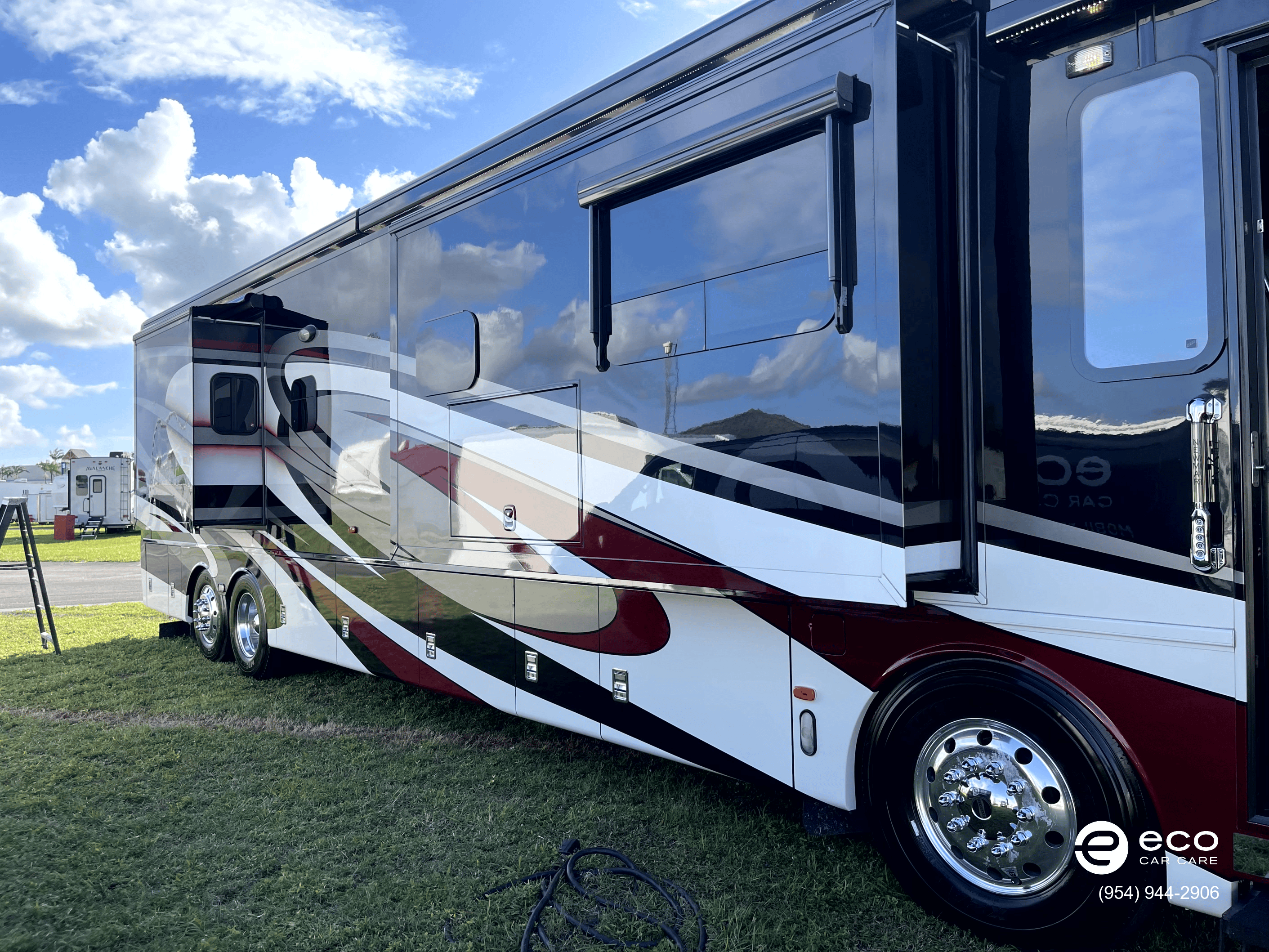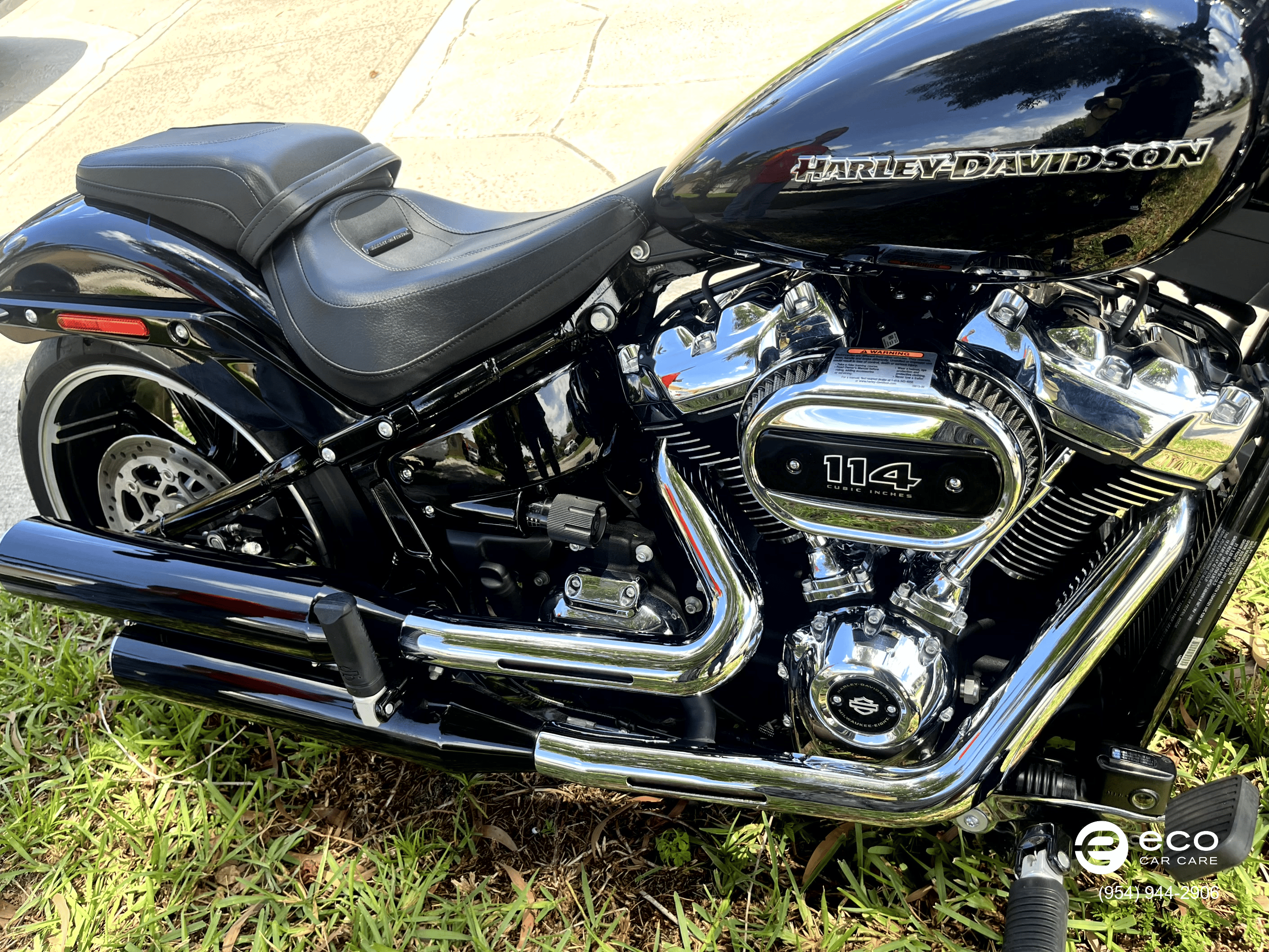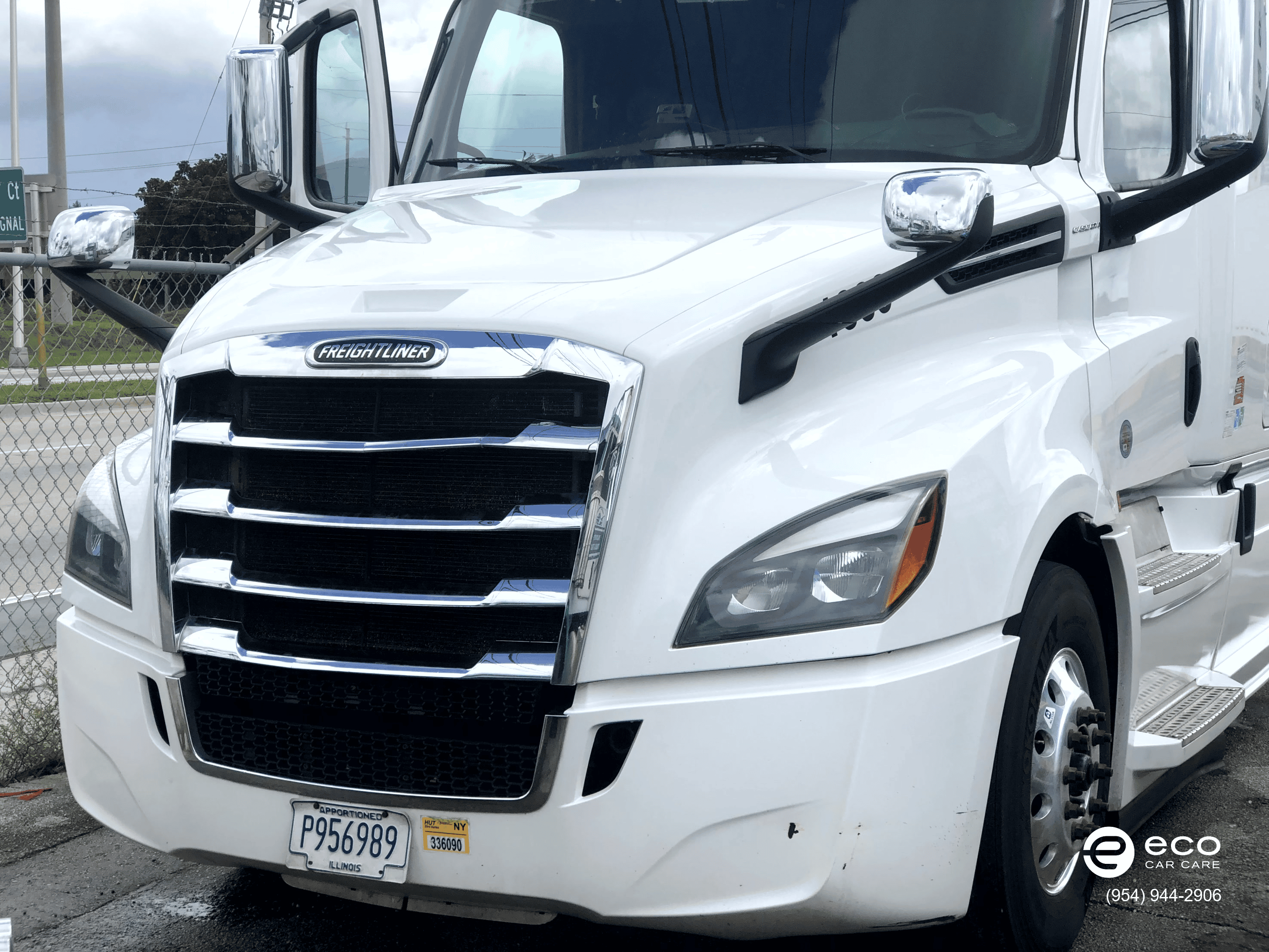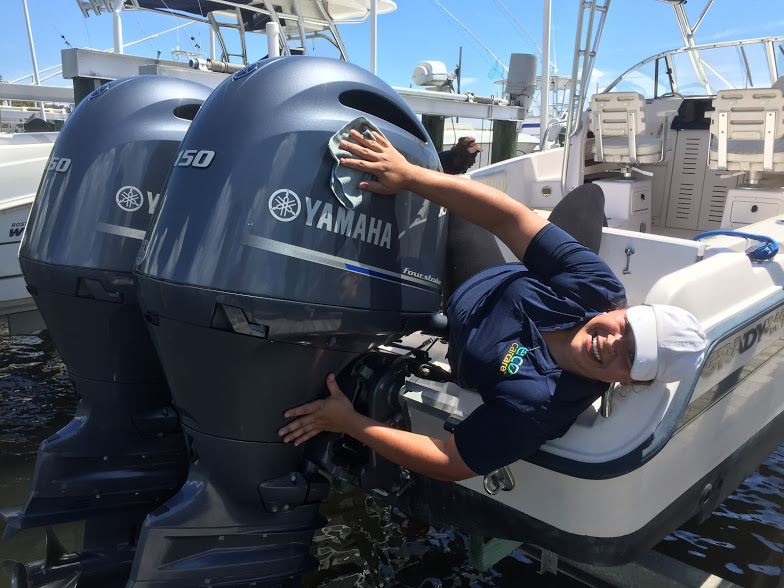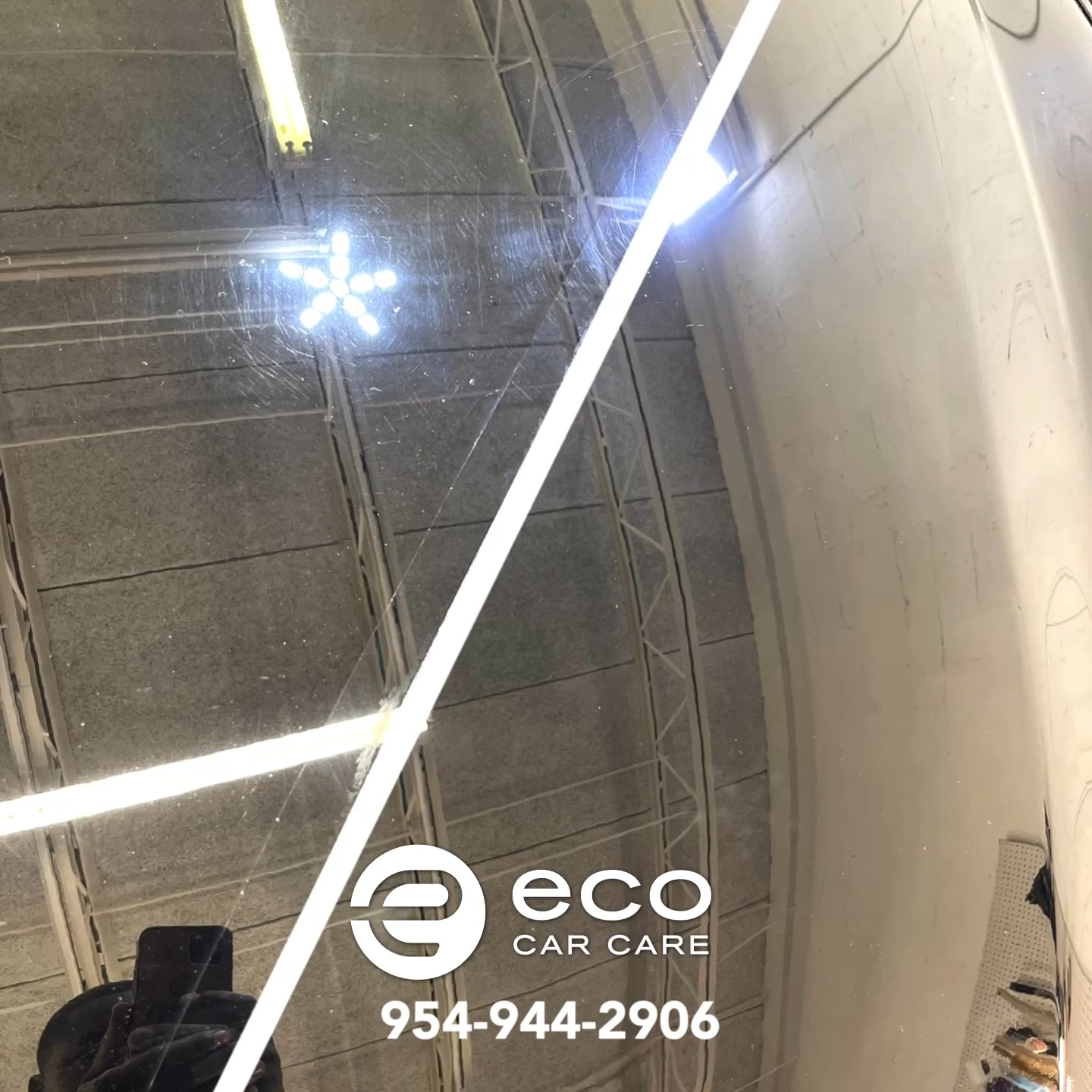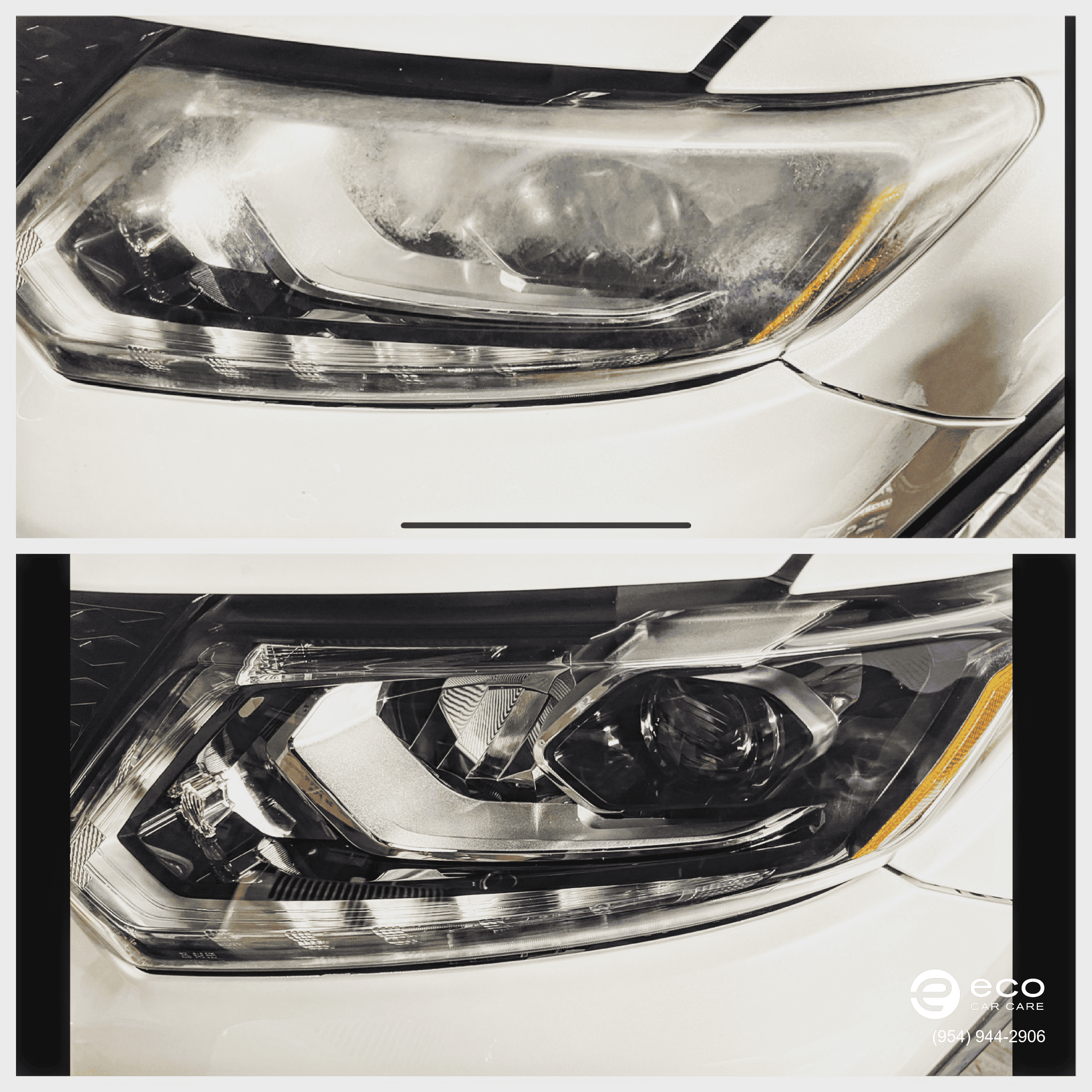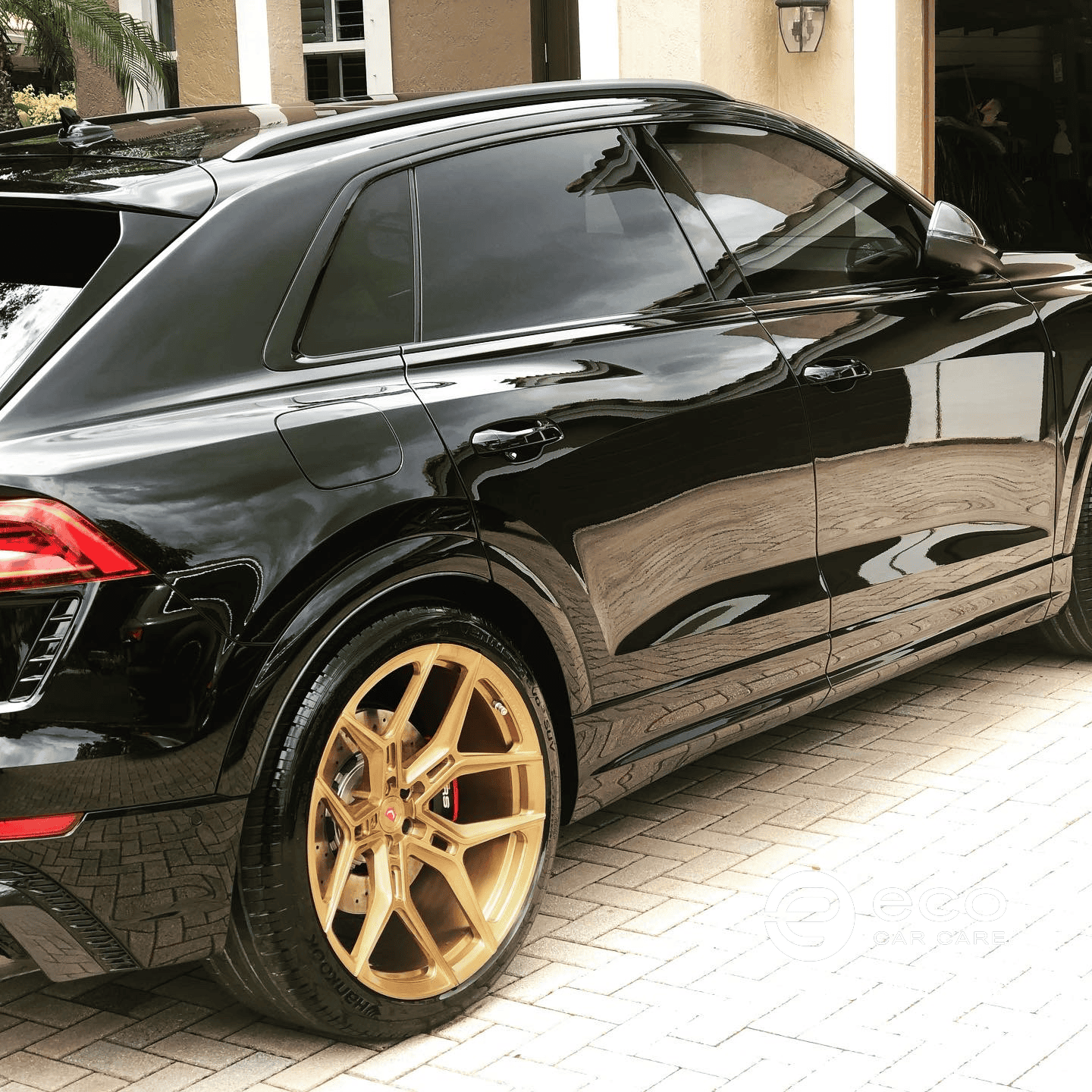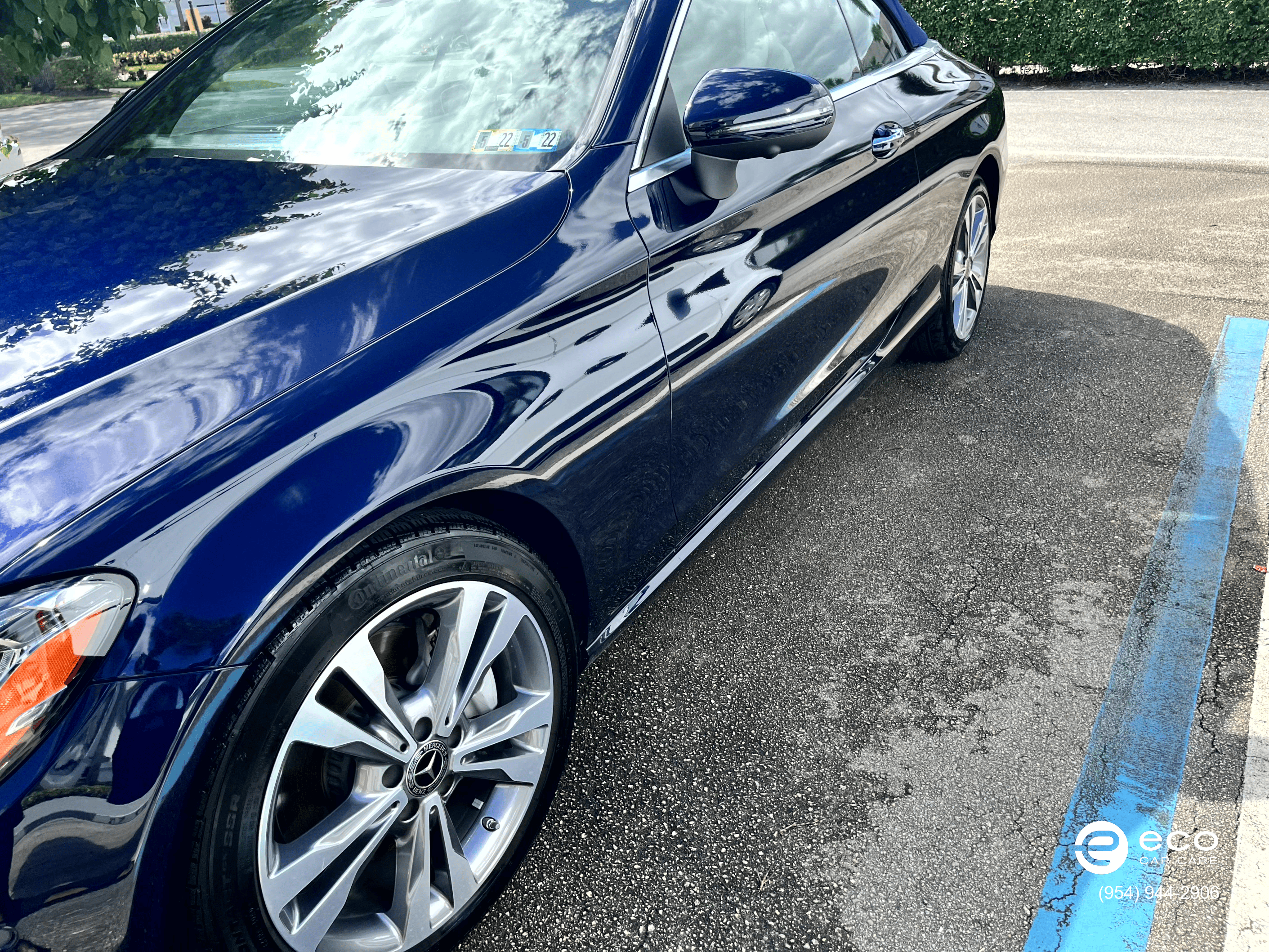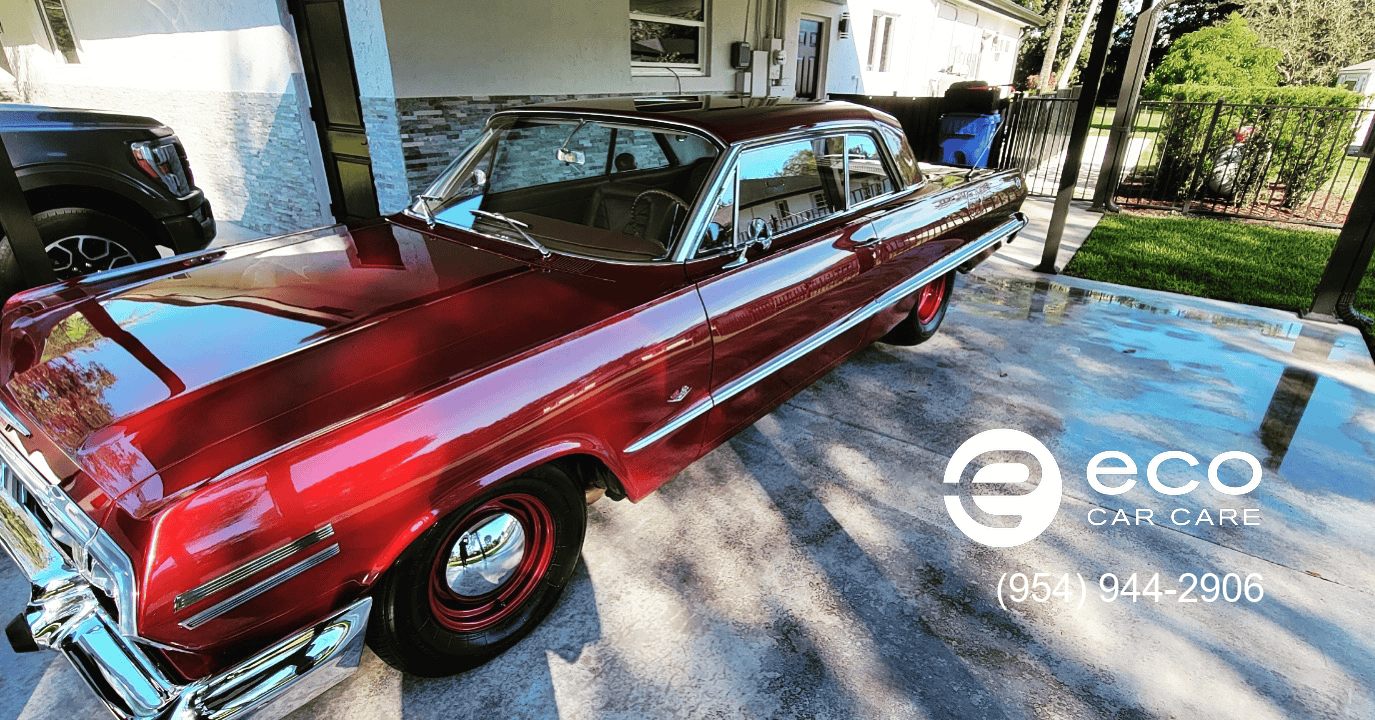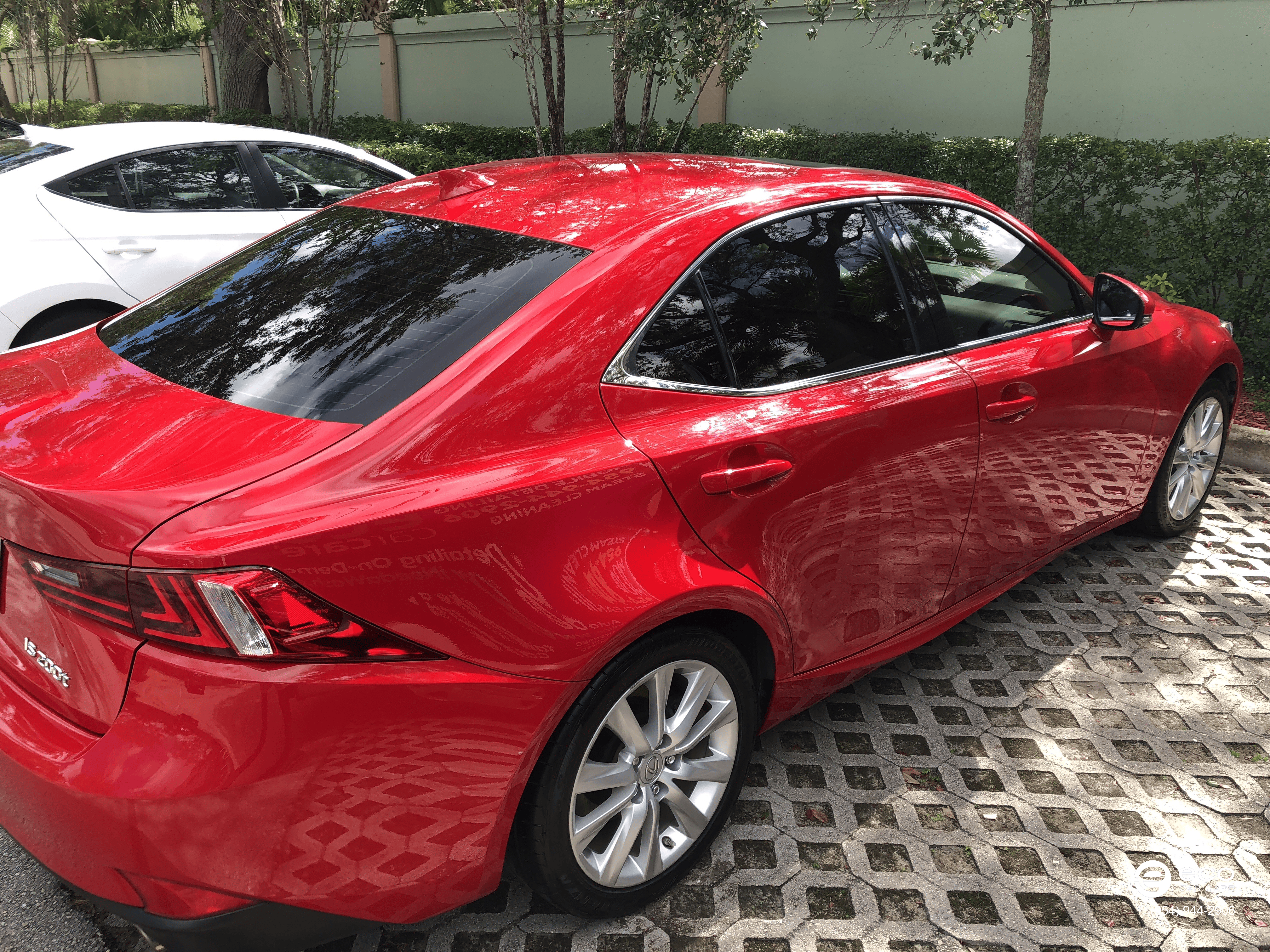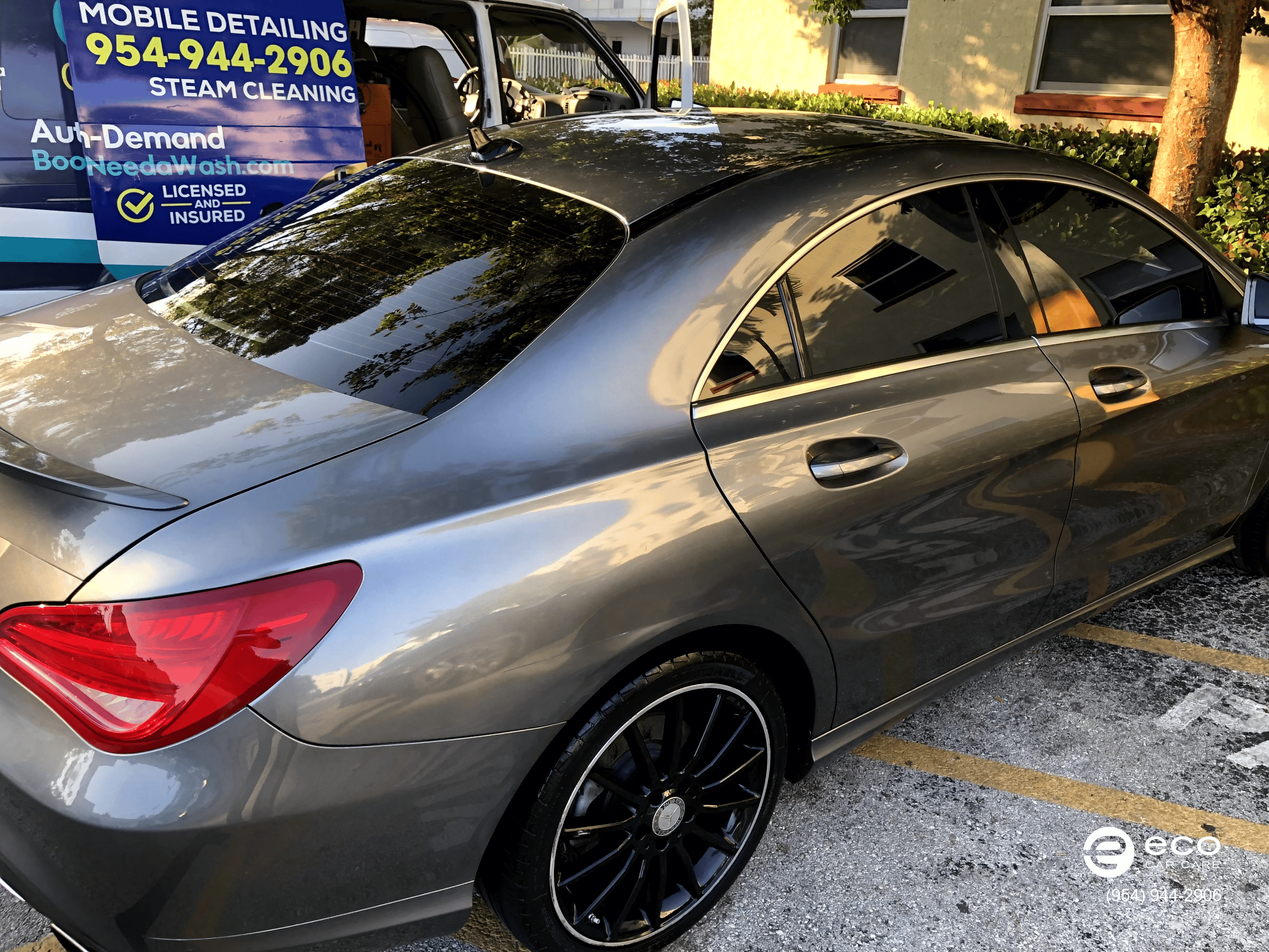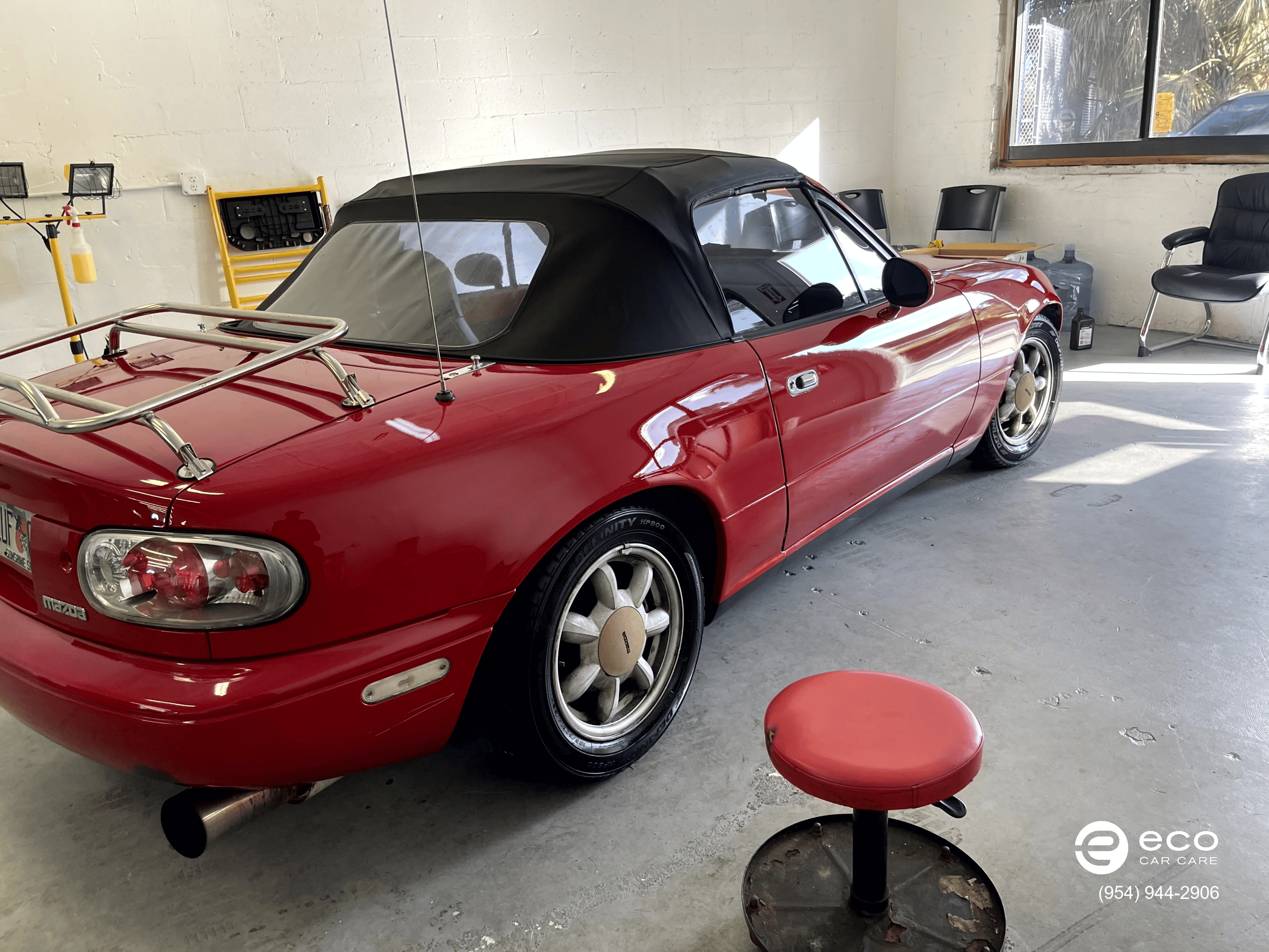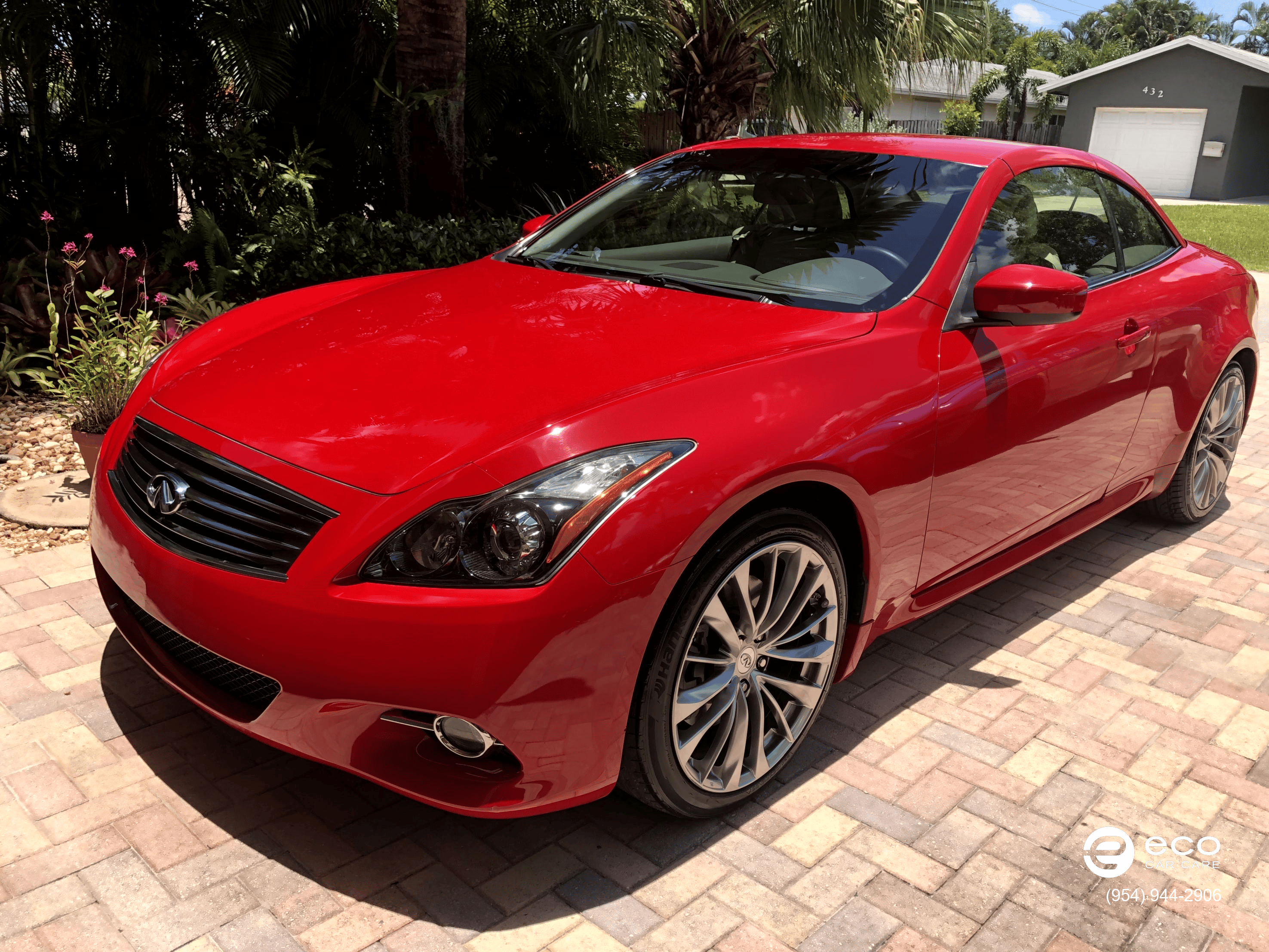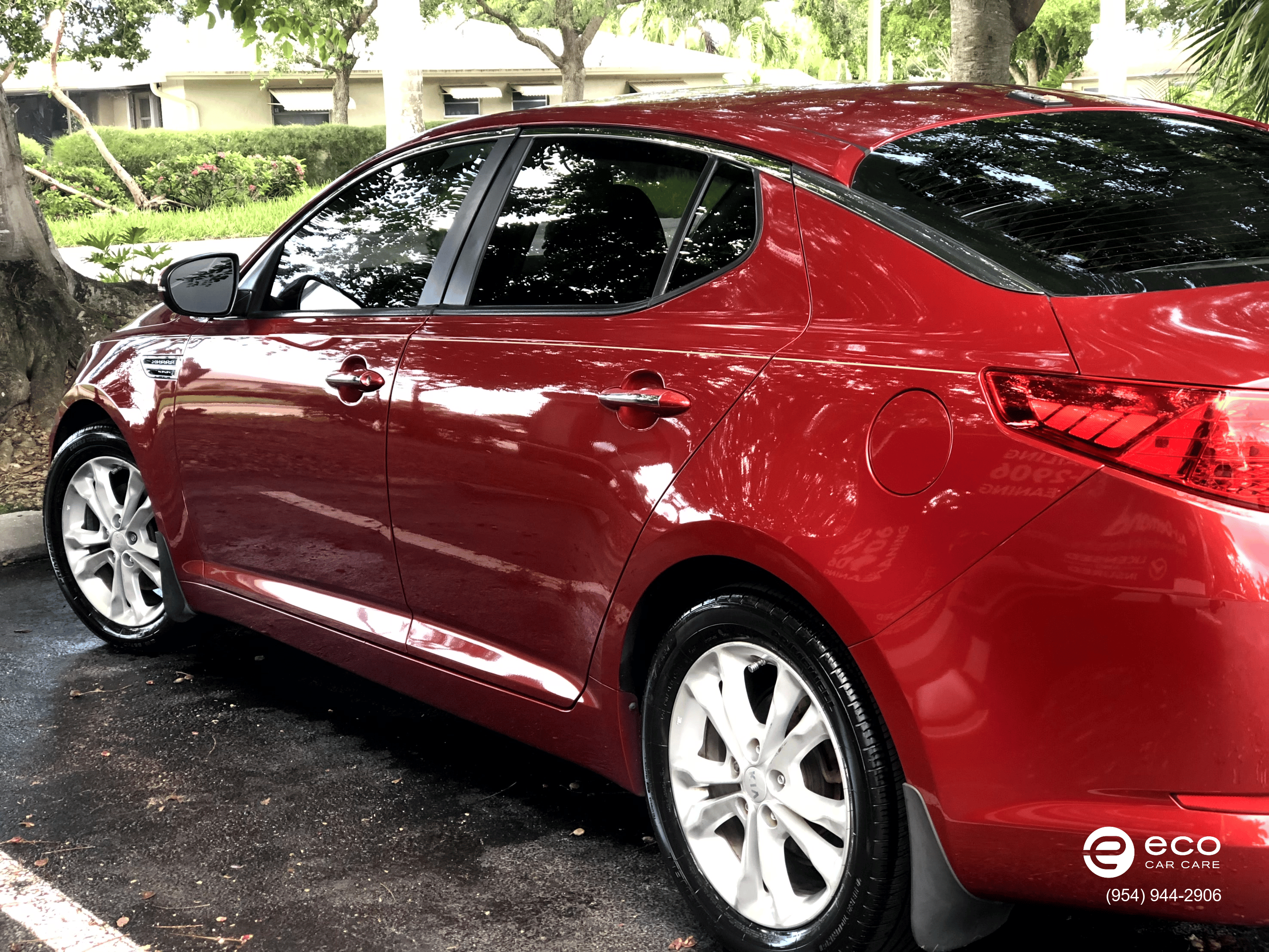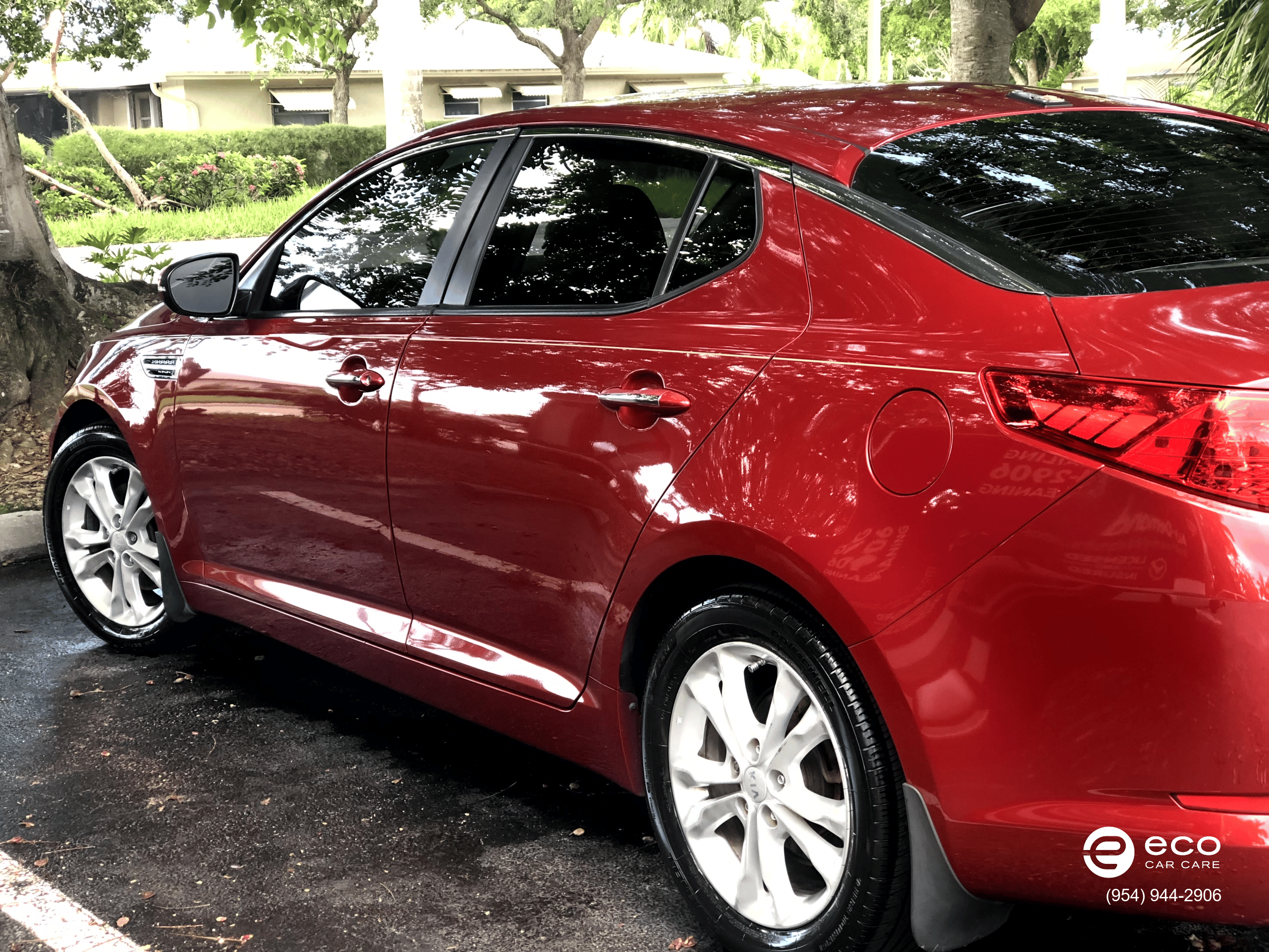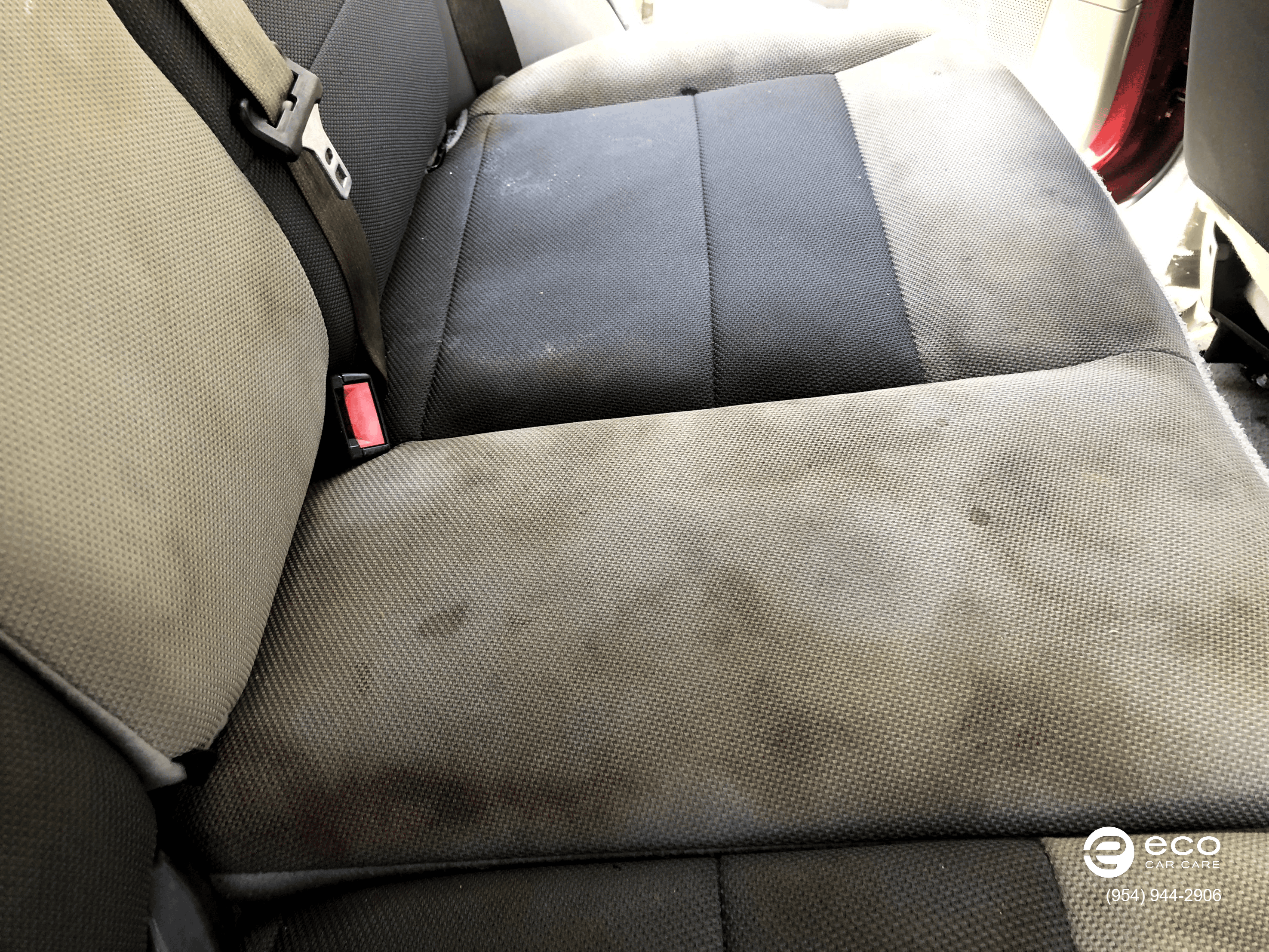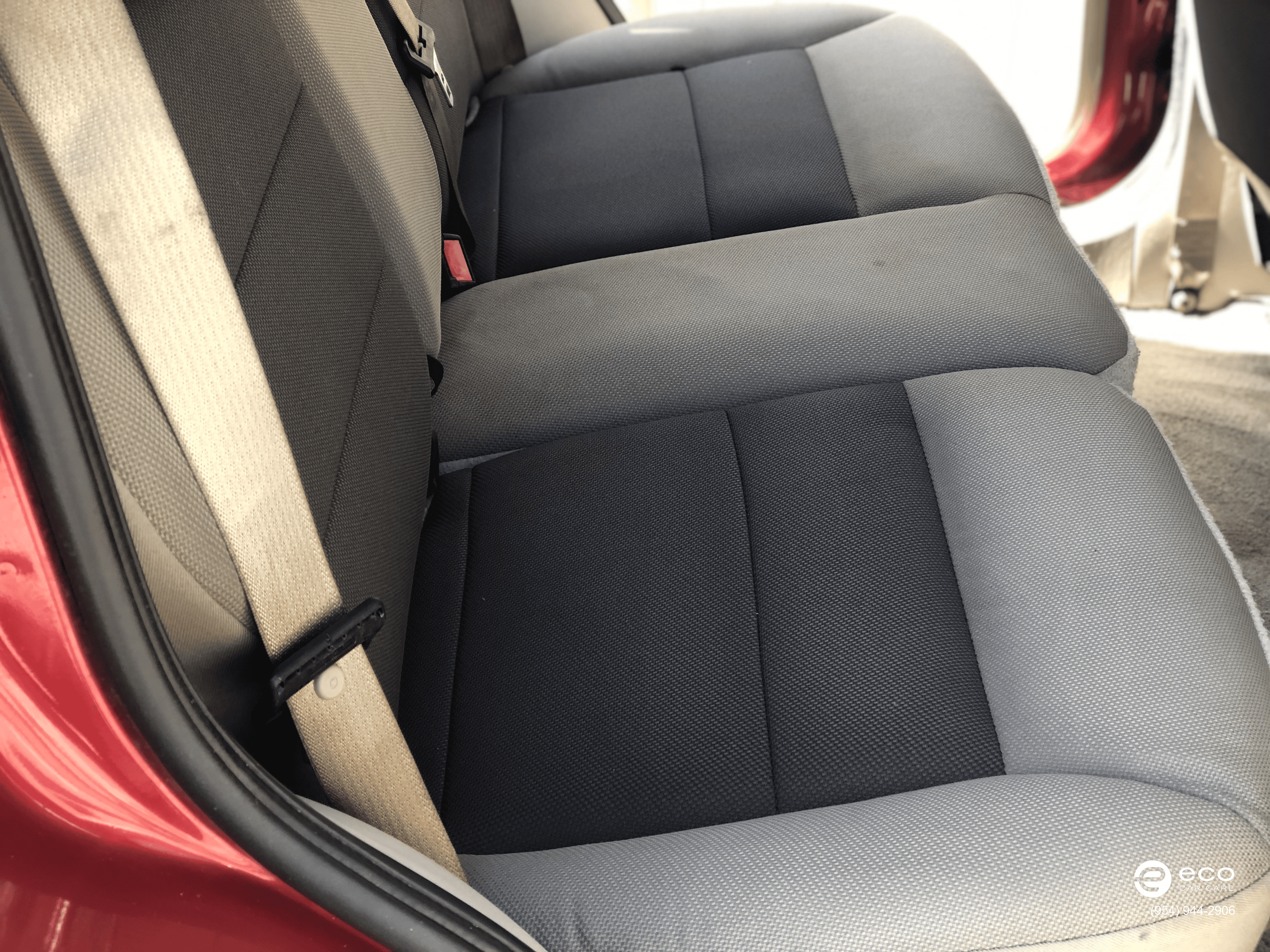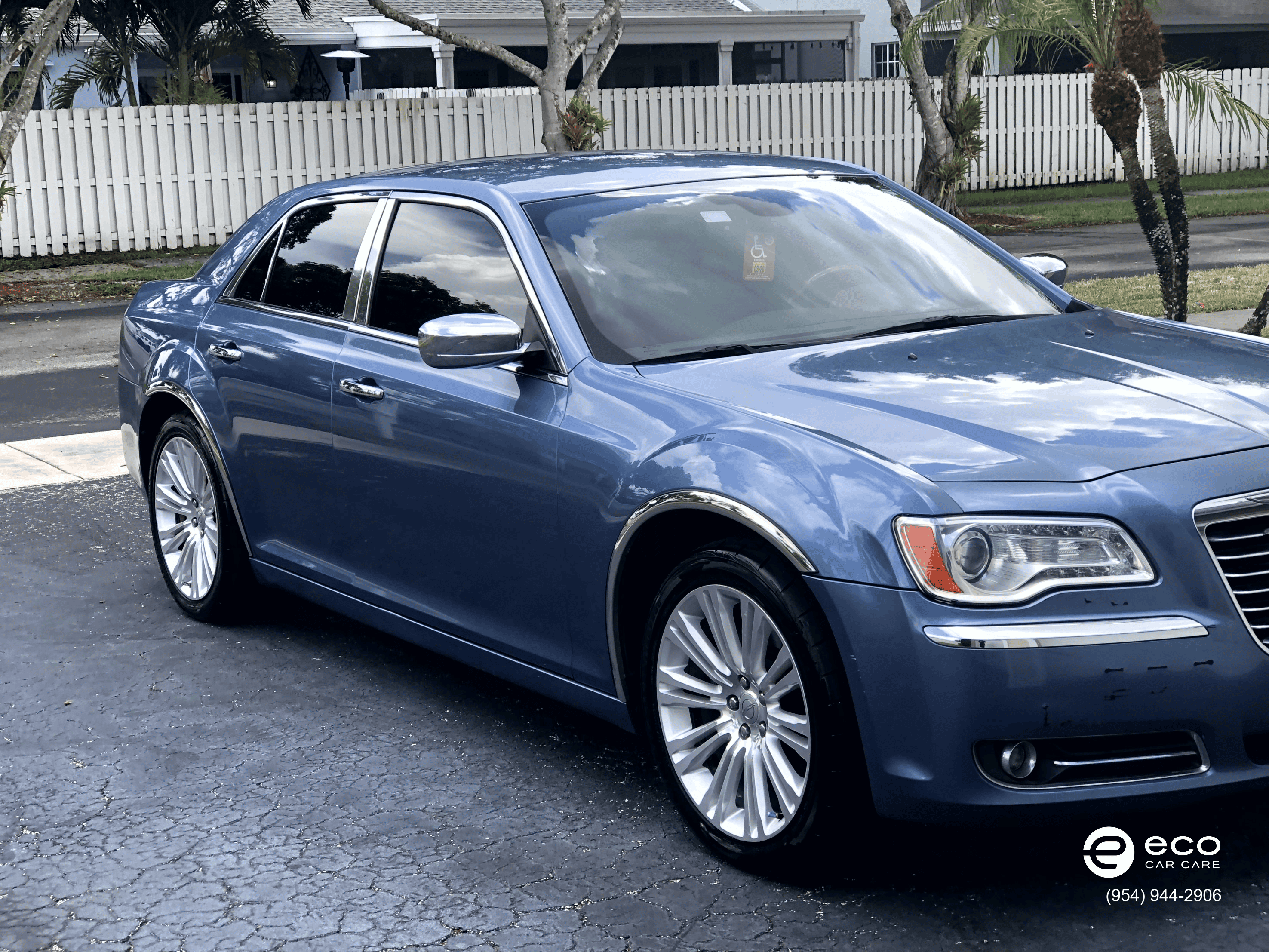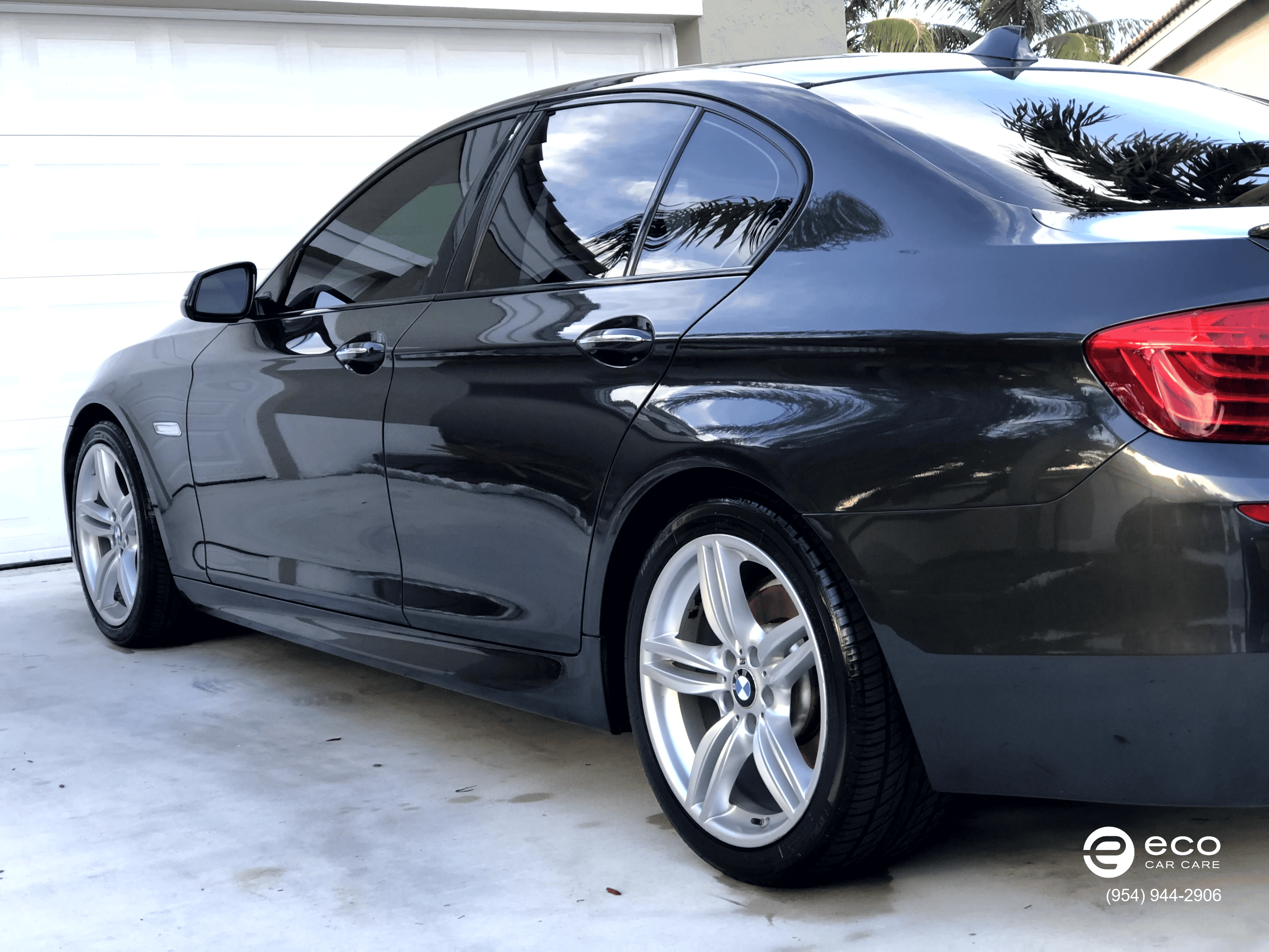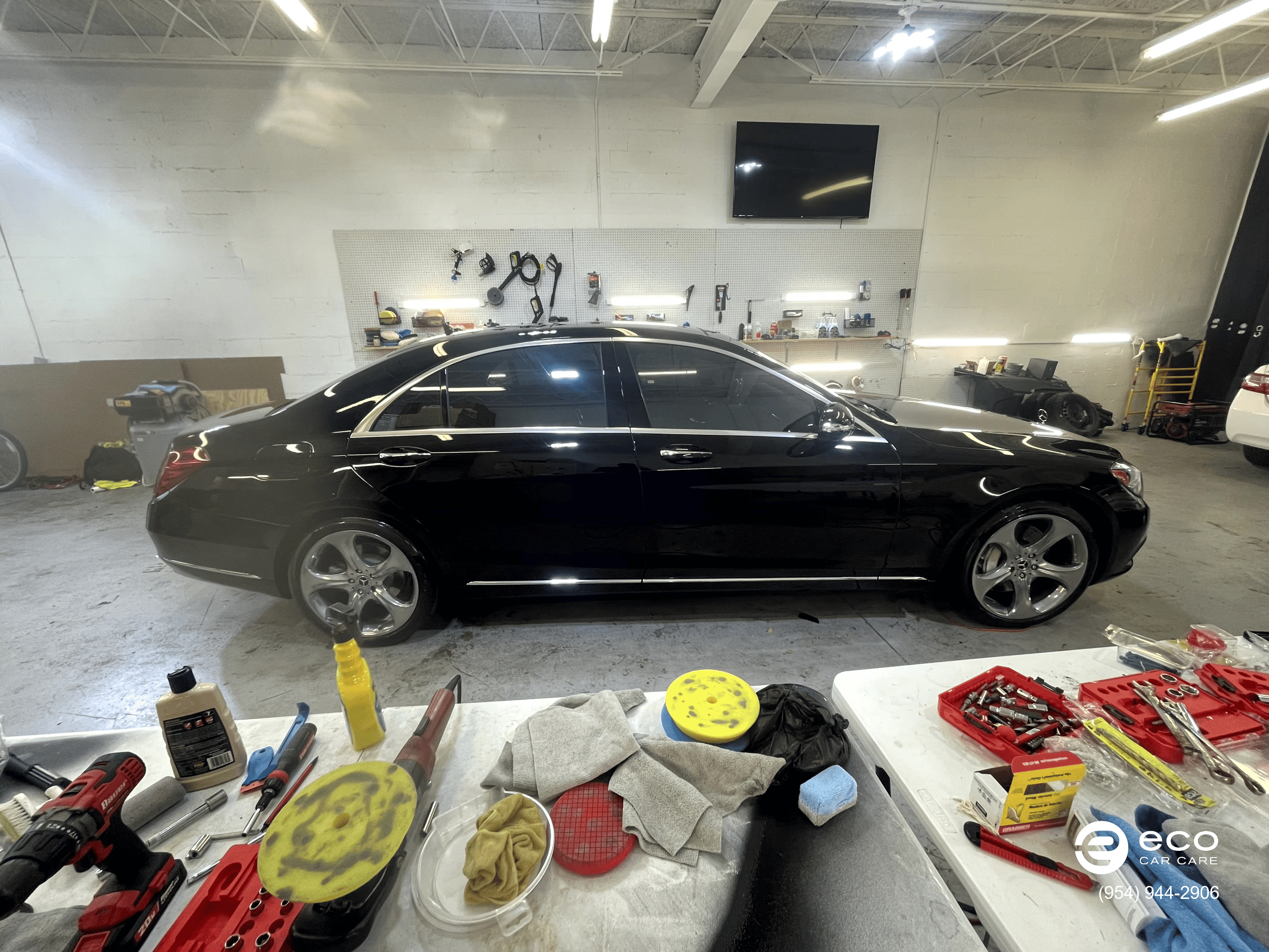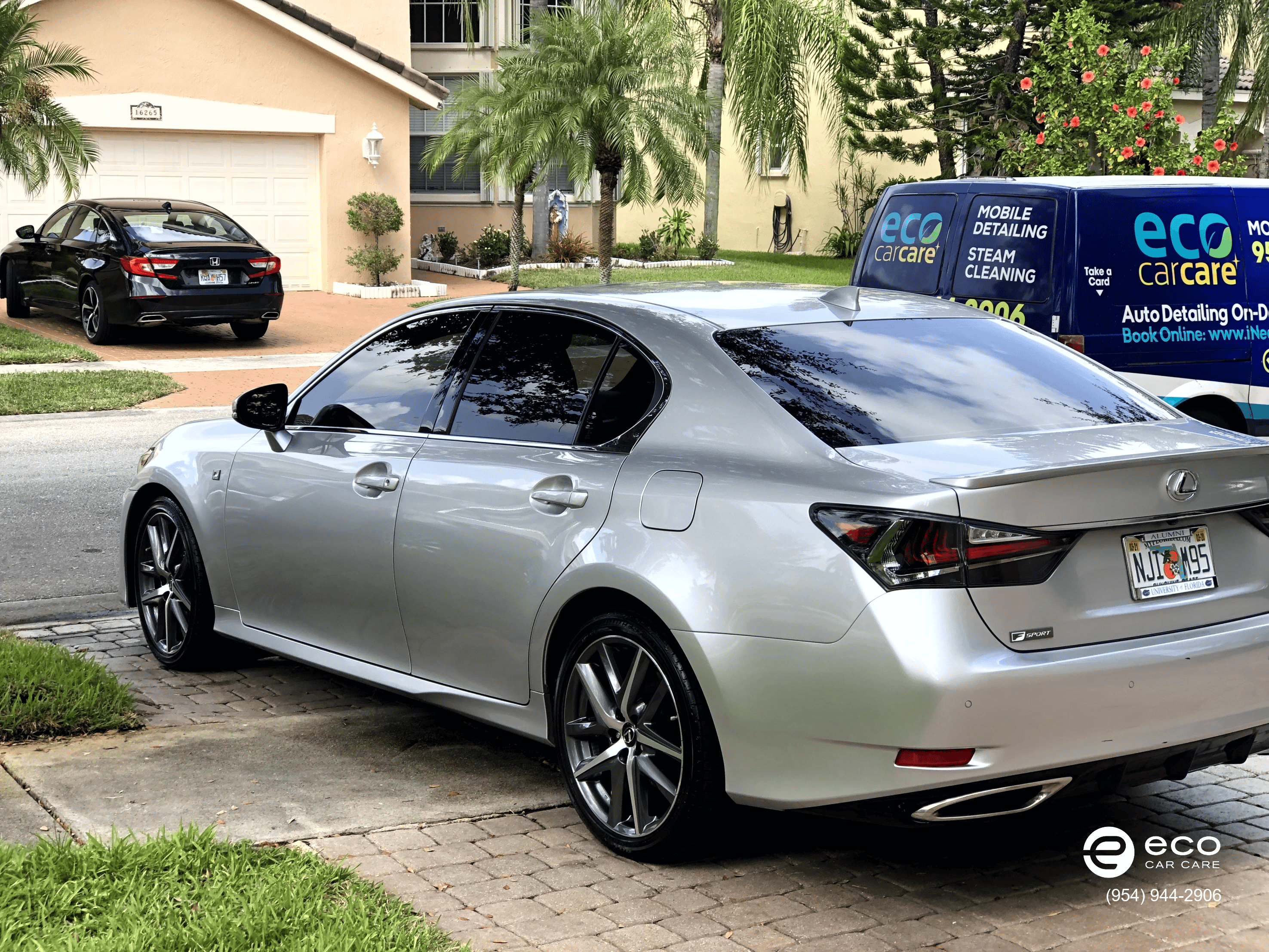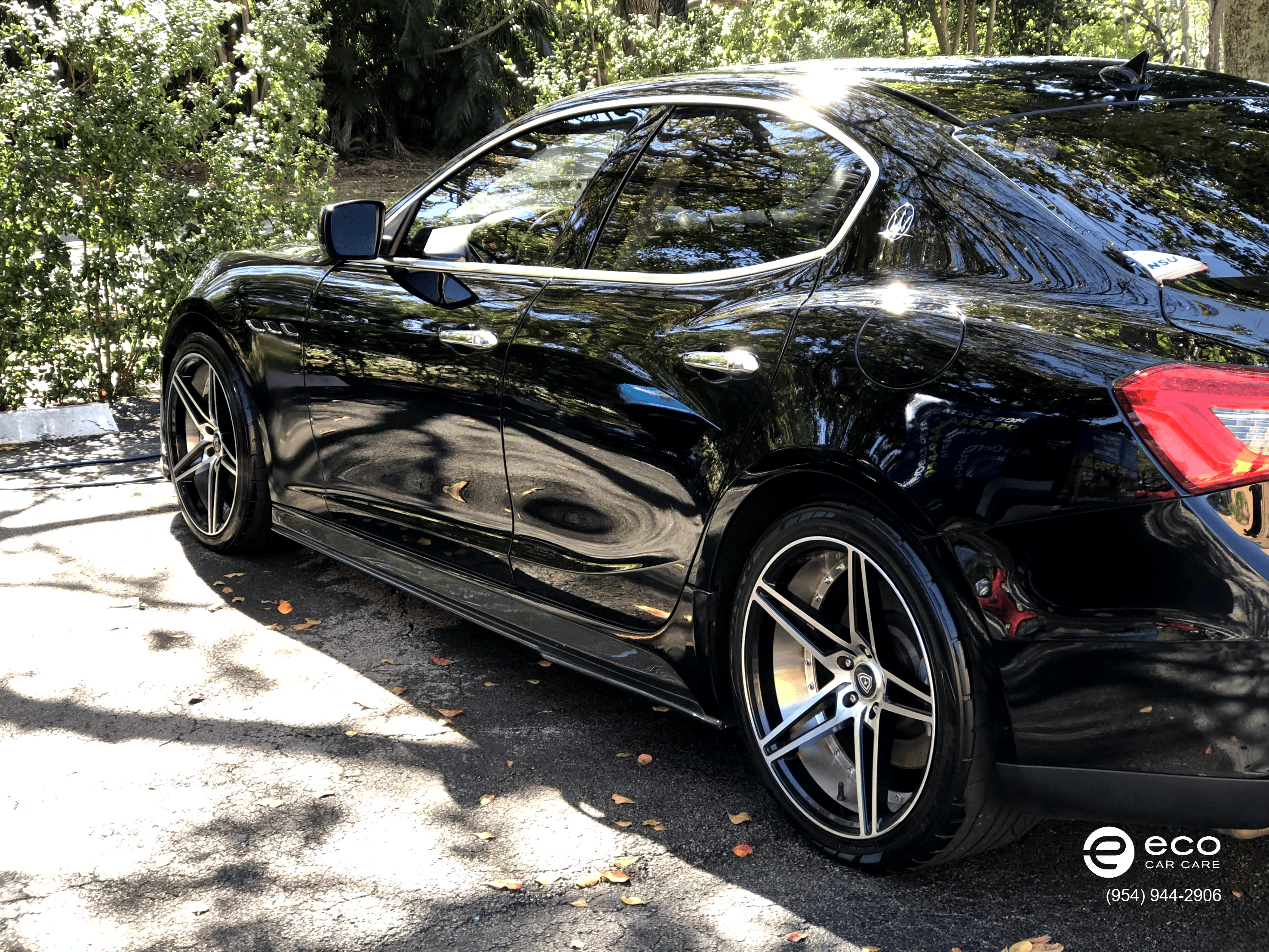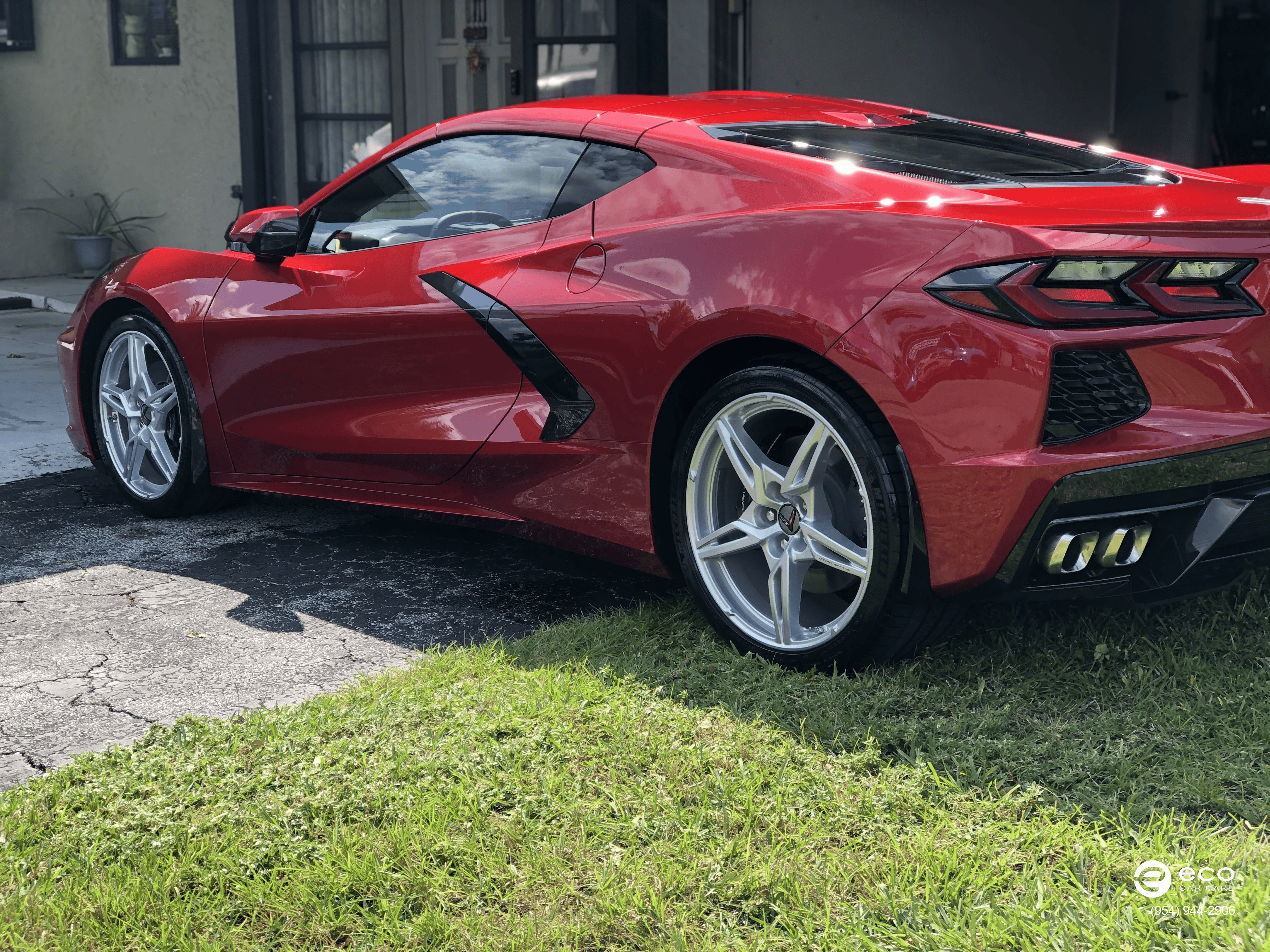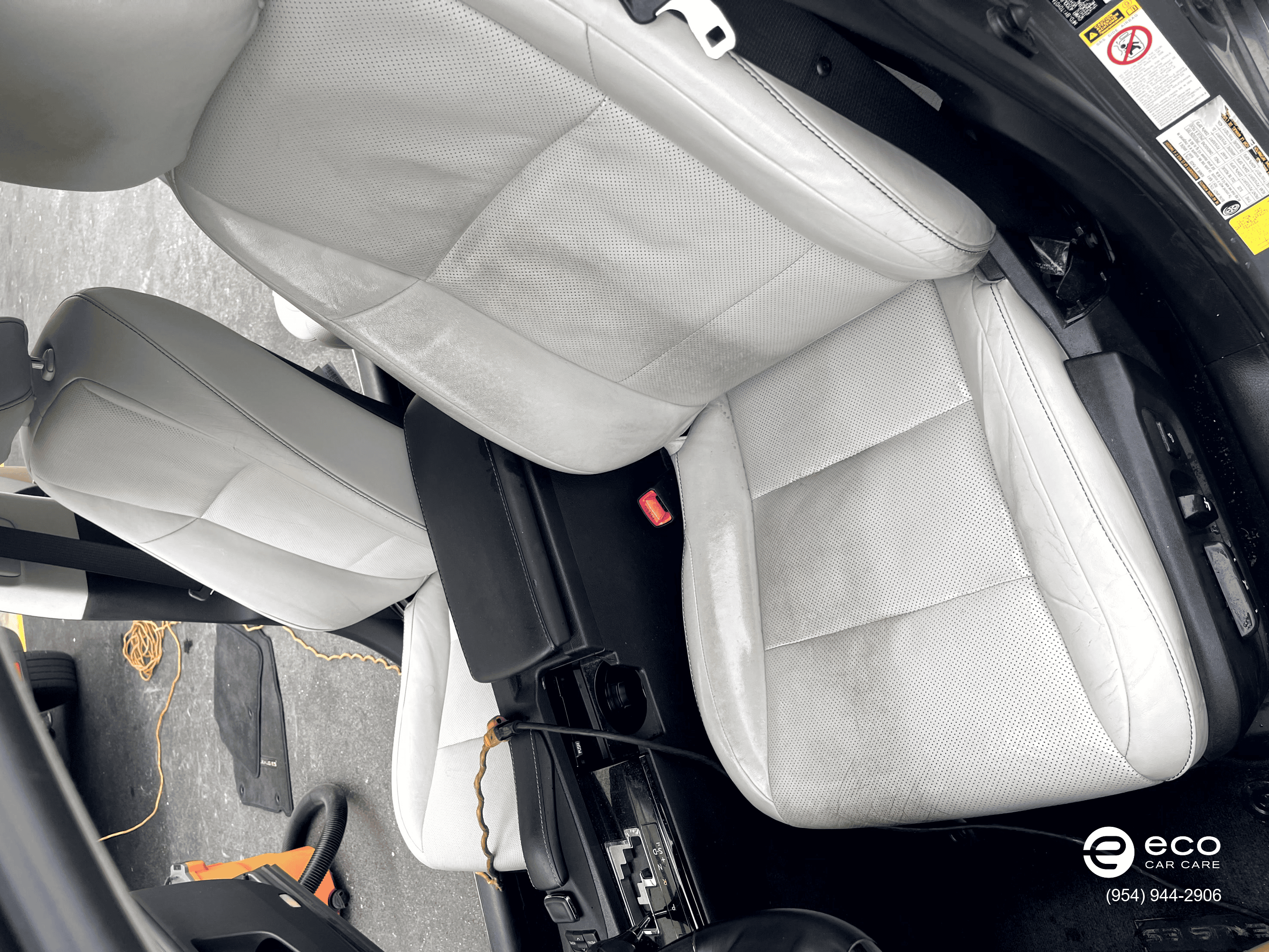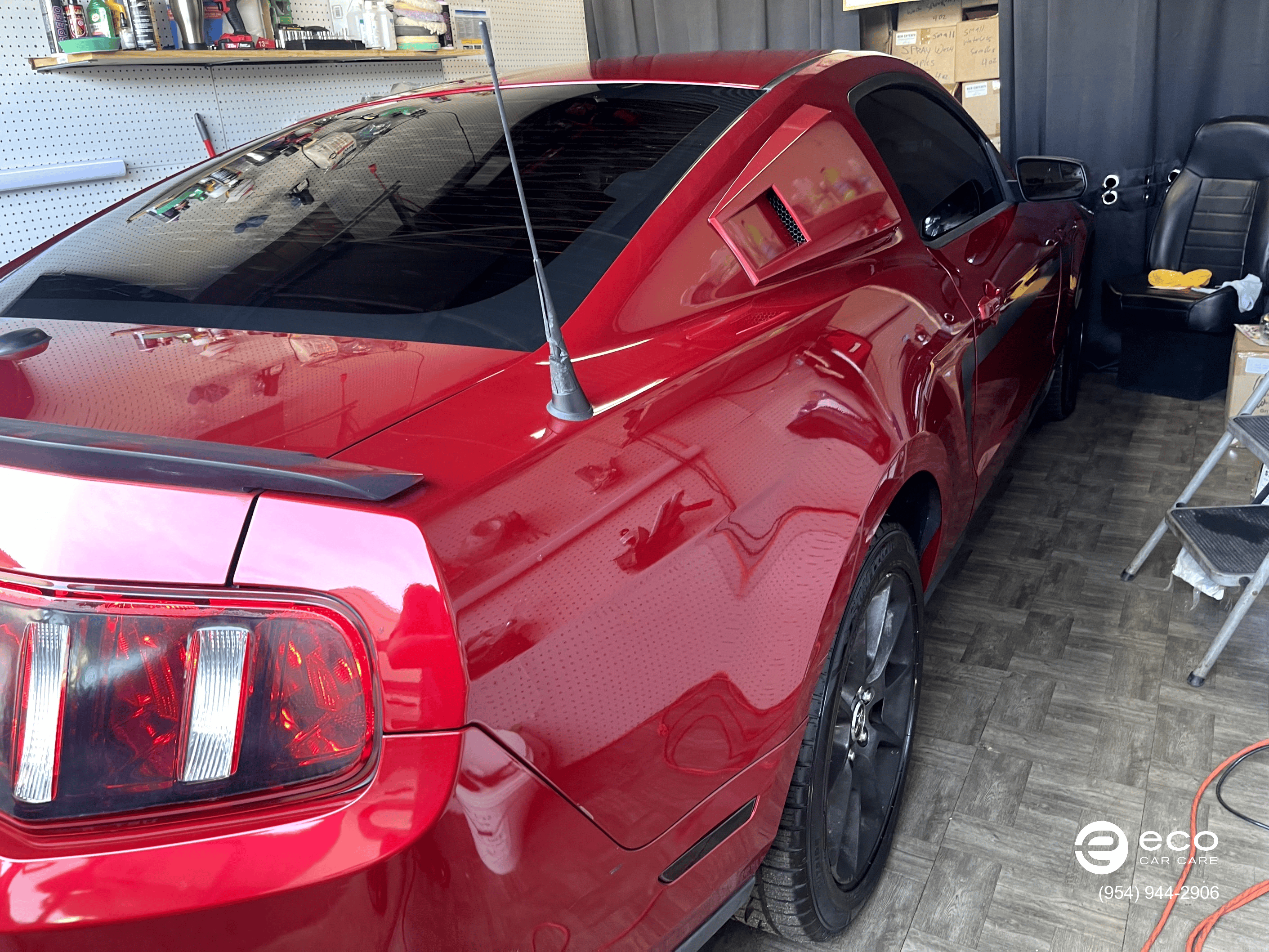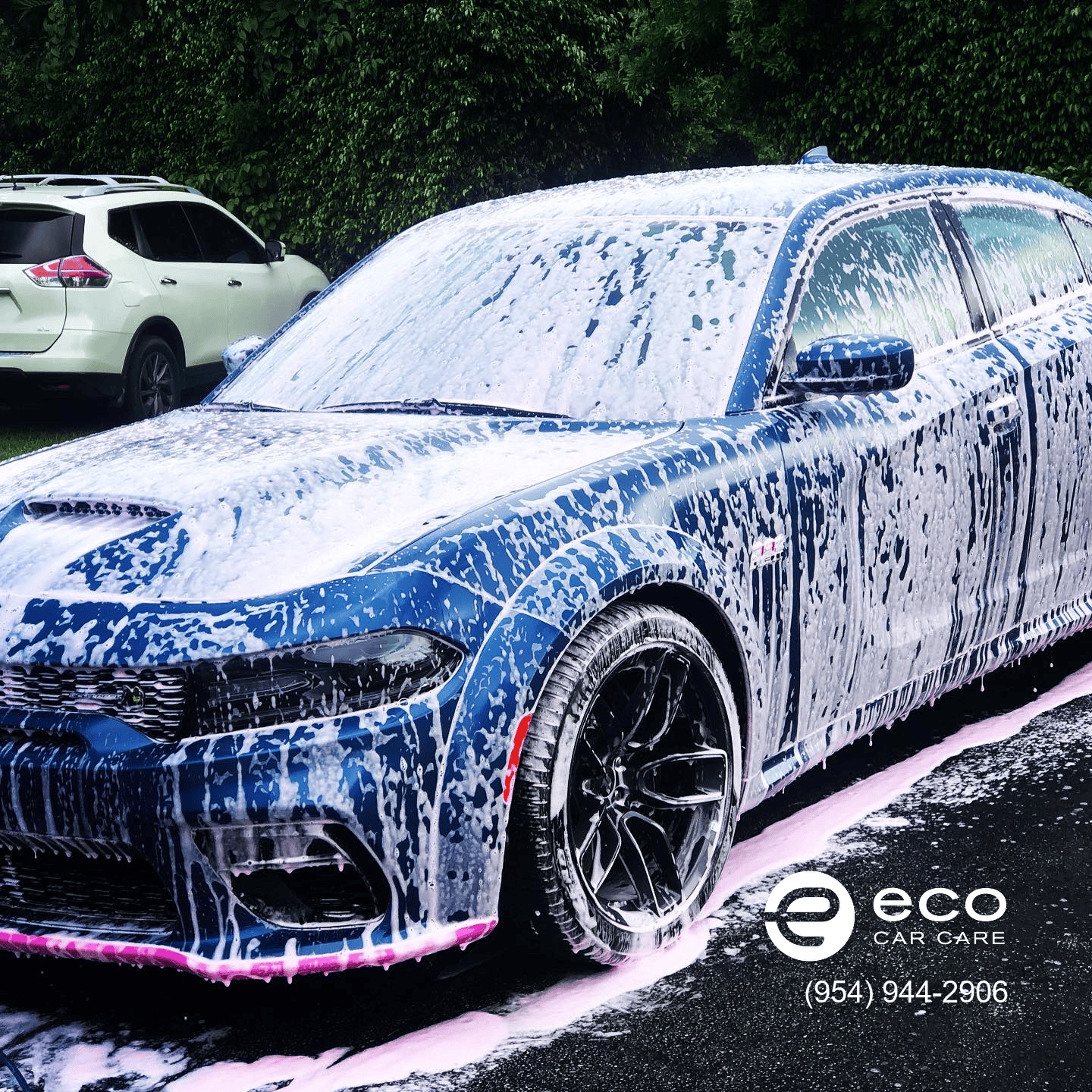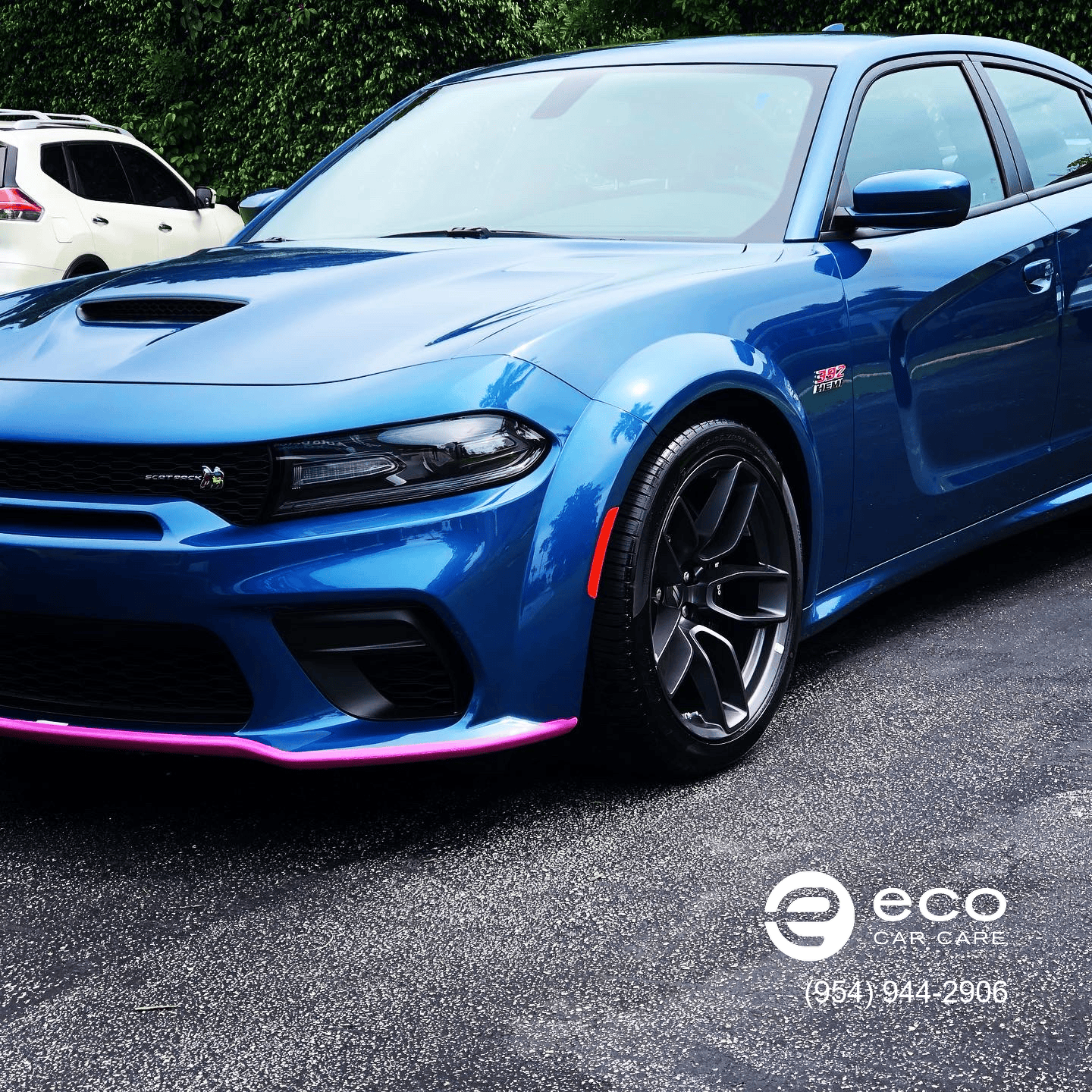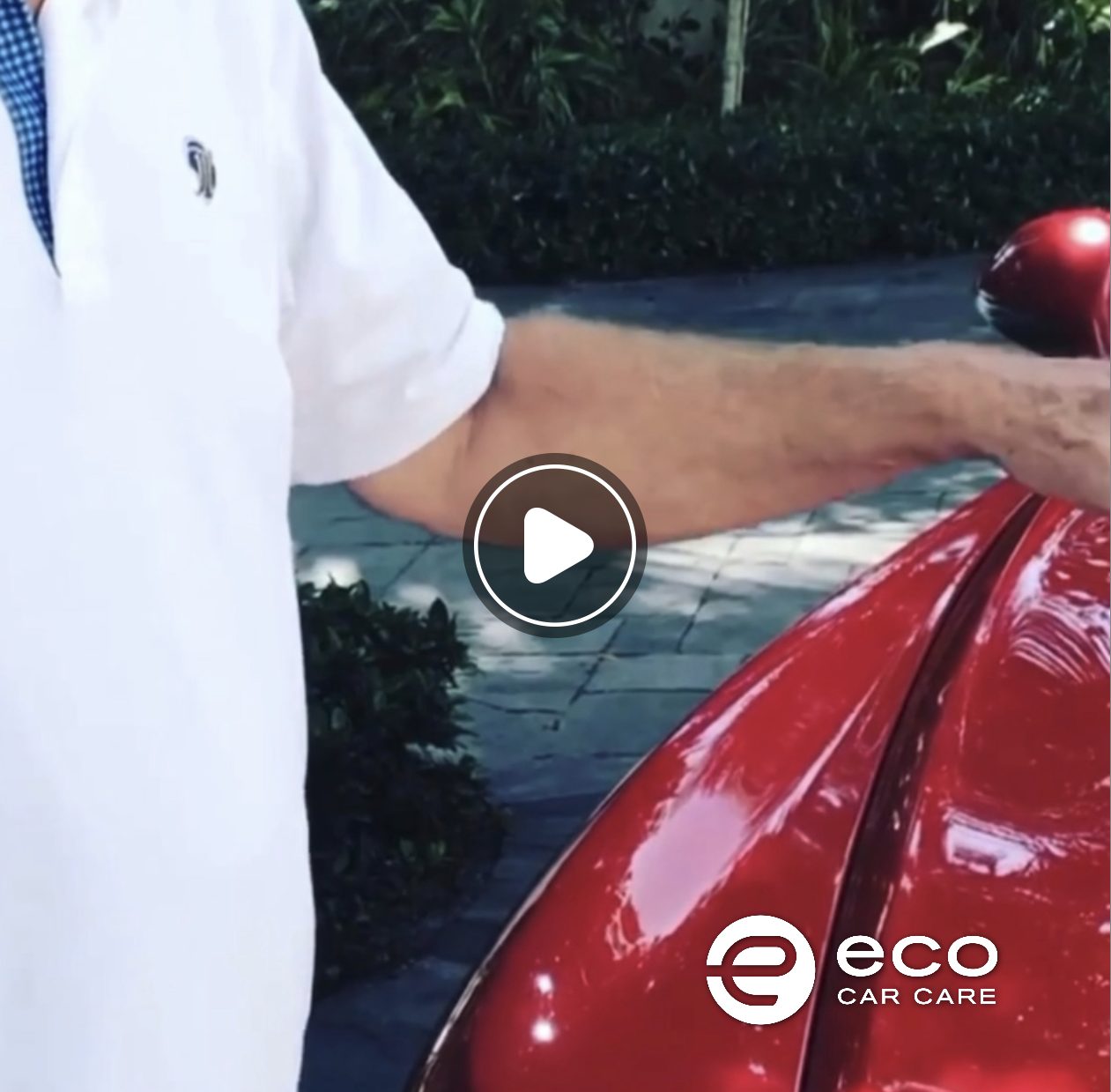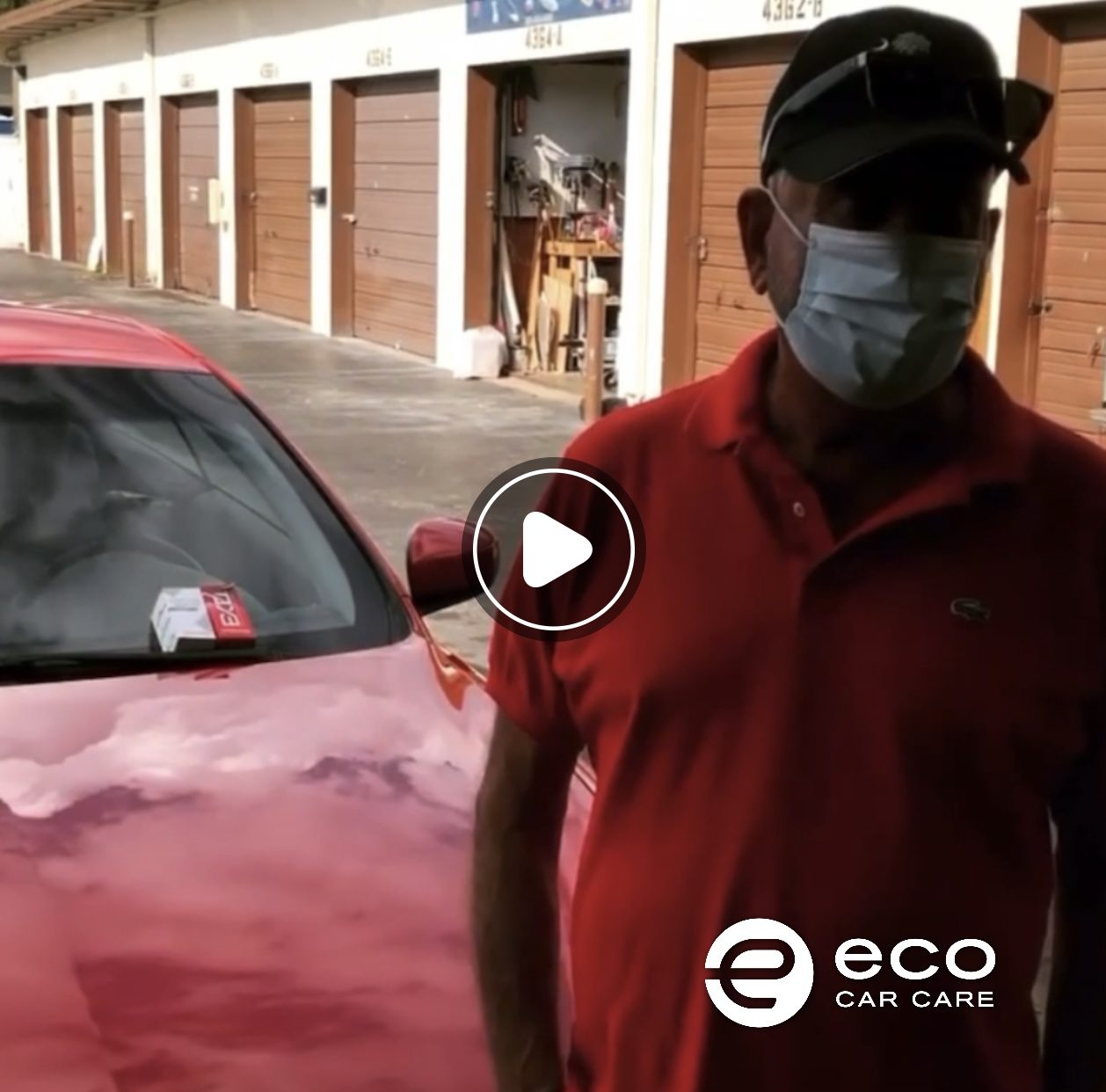Managing and Discharging Wastewater for Car Washes
The Clean Water Act requires professional car washes to route car wash waste water to water treatment facilities or to state-approved drainage facilities designed to protect the environment. Filtration of the waste water may be conducted before discharge to a sanitary sewer. Filtration is recommended so that fewer solids are present in the wash wastewater stream discharge to the sanitary sewer system. Filtration is mandated by the MWRDGC for waste water that contains particles greater than 0.5 inch in diameter. Once filtration has taken place, you will be left with a sludge that must be disposed of. Details for proper disposal are discussed below.
How it works
Easy Online Booking
Professional Auto Detailing
Services
Detail Gallery
Our Latest Work
What People Are Saying
Client Testimonials
Got Questions?
Frequently Asked Questions
The cost of car detailing varies depending on factors such as the size and condition of the vehicle, the level of service chosen, and the detailing provider. On average, expect to spend between $100 to $300 for basic detailing and up to $500 or more for premium services.
Car detailing involves thoroughly cleaning, restoring, and protecting the interior and exterior surfaces of a vehicle. It typically includes processes such as washing, waxing, polishing, vacuuming, steam cleaning, and conditioning to enhance the appearance and longevity of the car.
A full auto detailing service encompasses comprehensive cleaning and restoration of both the interior and exterior of a vehicle. It includes tasks such as washing, waxing, polishing, shampooing carpets, cleaning upholstery, treating leather, and detailing the engine bay.
The cost of car detailing reflects the time, effort, skill, and quality of materials used in the process. Professional detailers invest in high-quality products and equipment, undergo extensive training, and meticulously perform each step to achieve exceptional results, which justifies the higher price.
The frequency of car detailing depends on factors such as your driving habits, environmental conditions, and personal preferences. As a general guideline, aim to detail your car every 4 to 6 months to maintain its appearance and protect its value. However, high-use vehicles or those exposed to harsh conditions may require more frequent detailing.
Professional car detailing techniques such as paint correction or scratch removal can improve the appearance of minor scratches and swirl marks on the vehicle's paintwork. However, deep or severe scratches may require more extensive repairs such as touch-up painting or panel refinishing.
